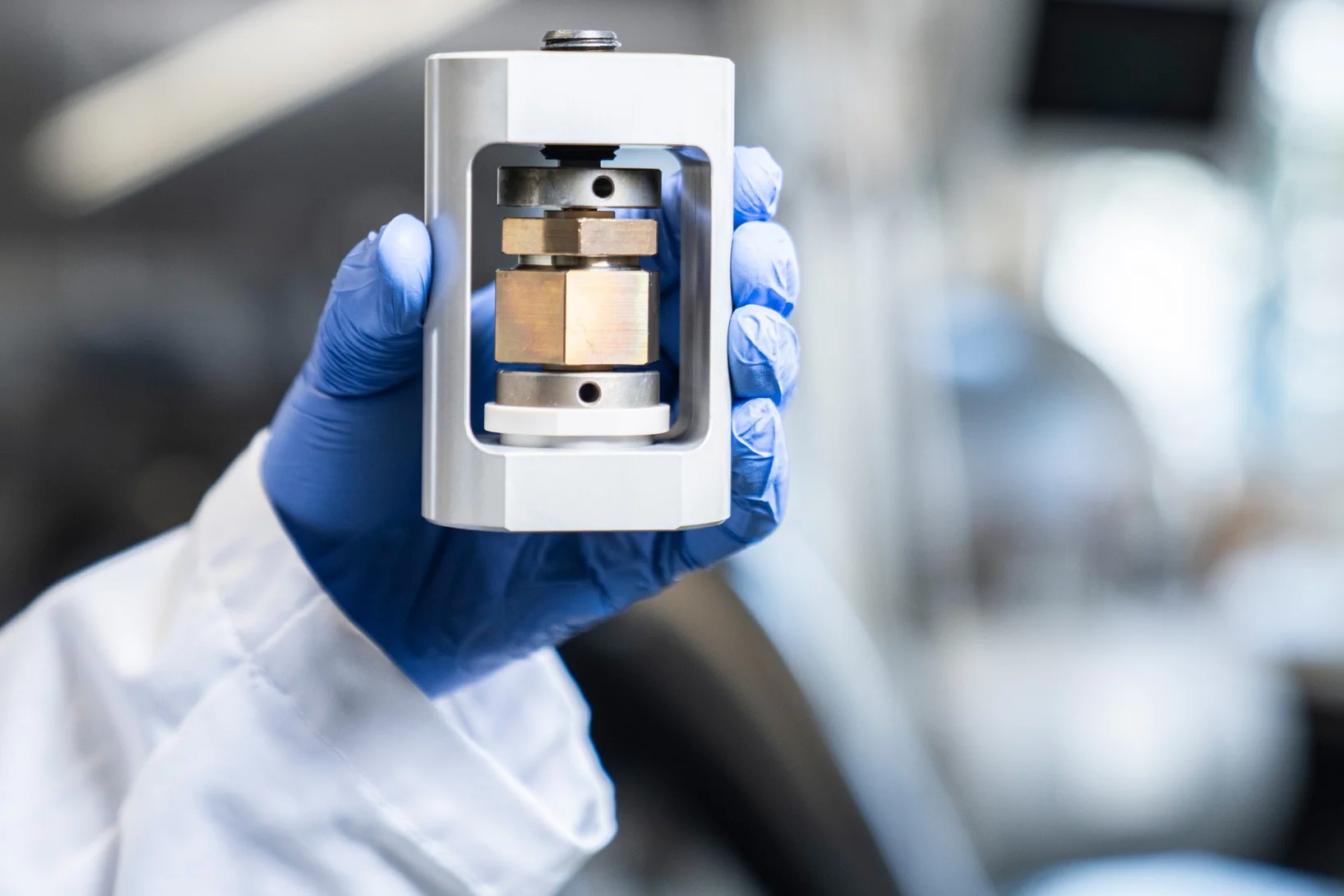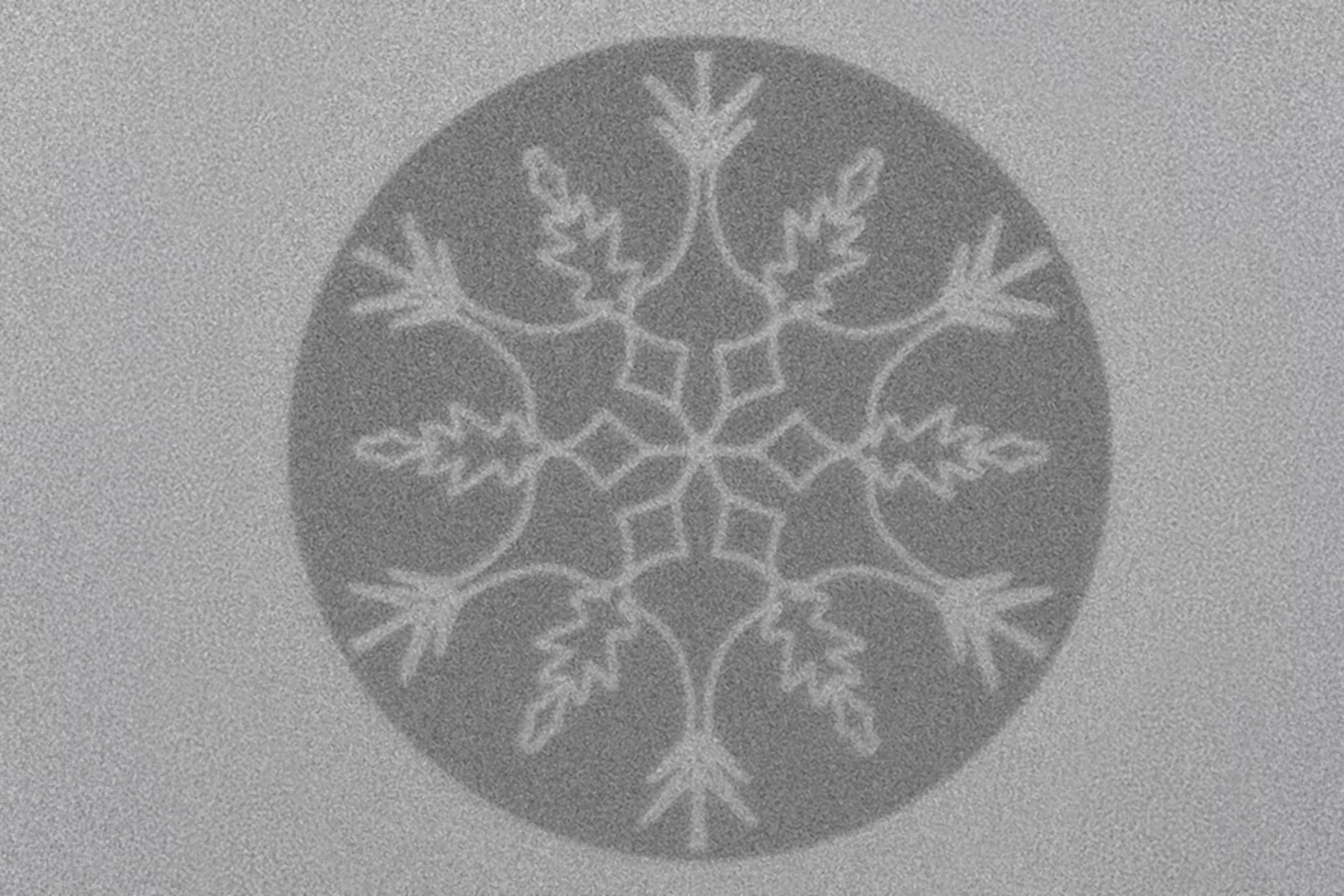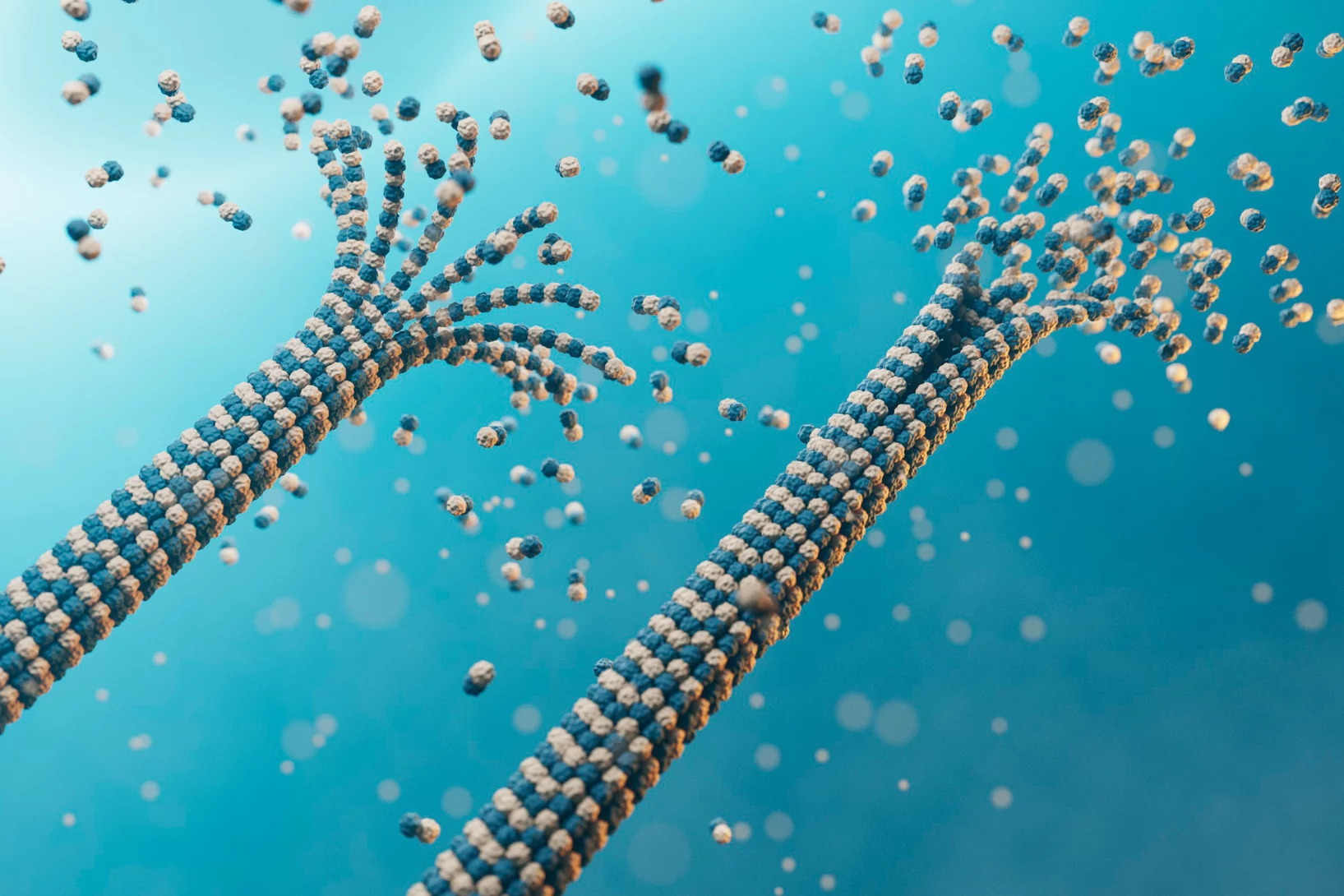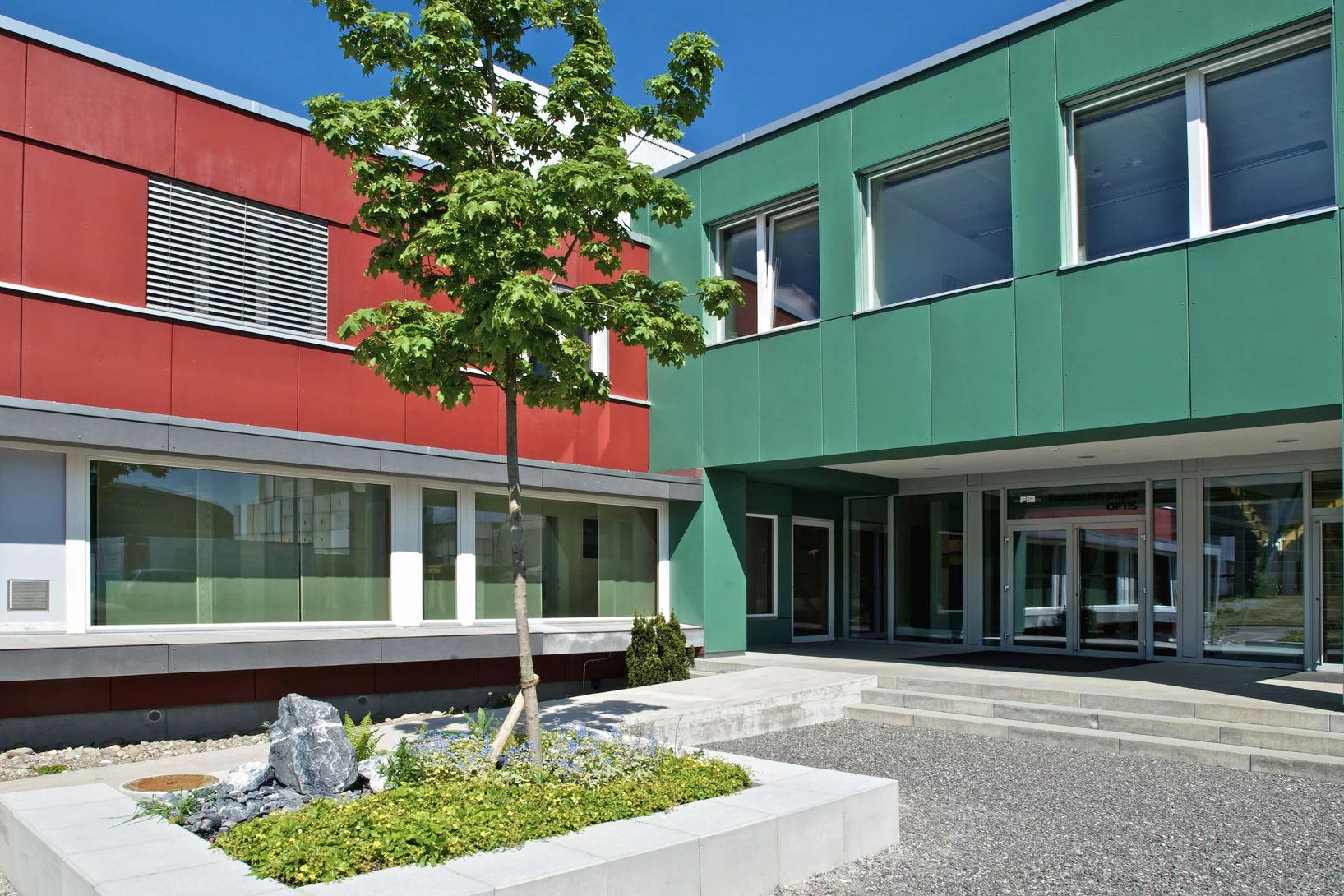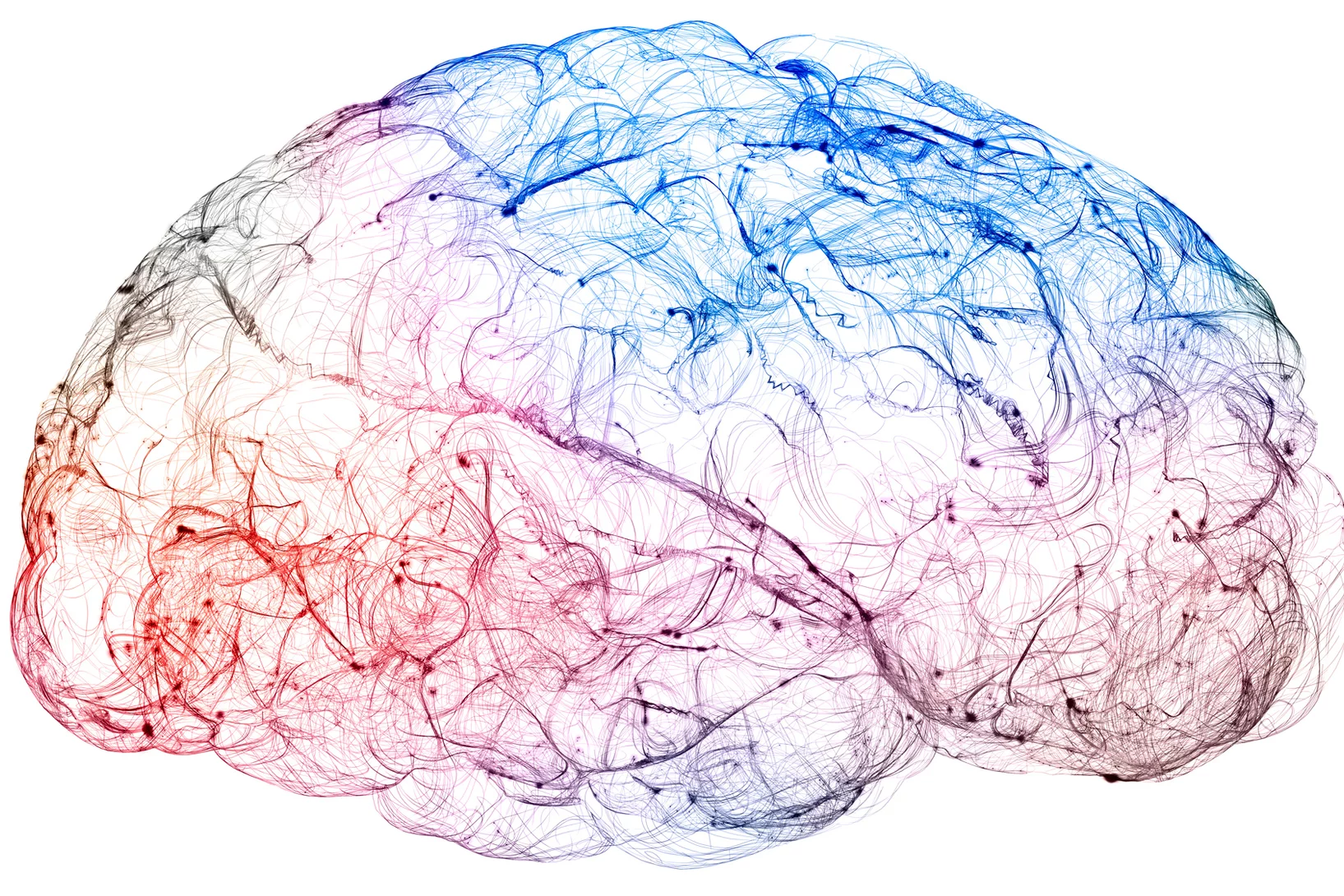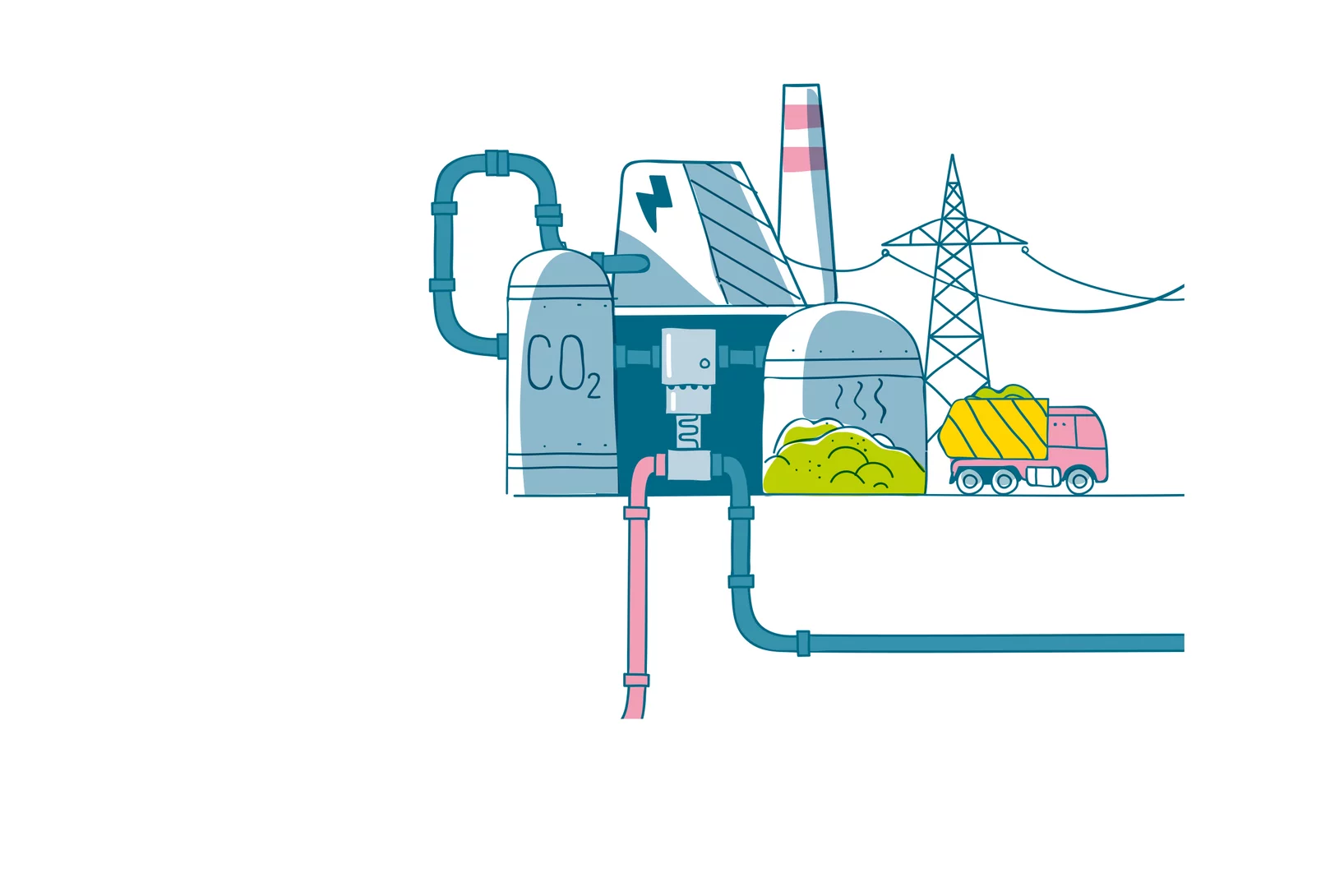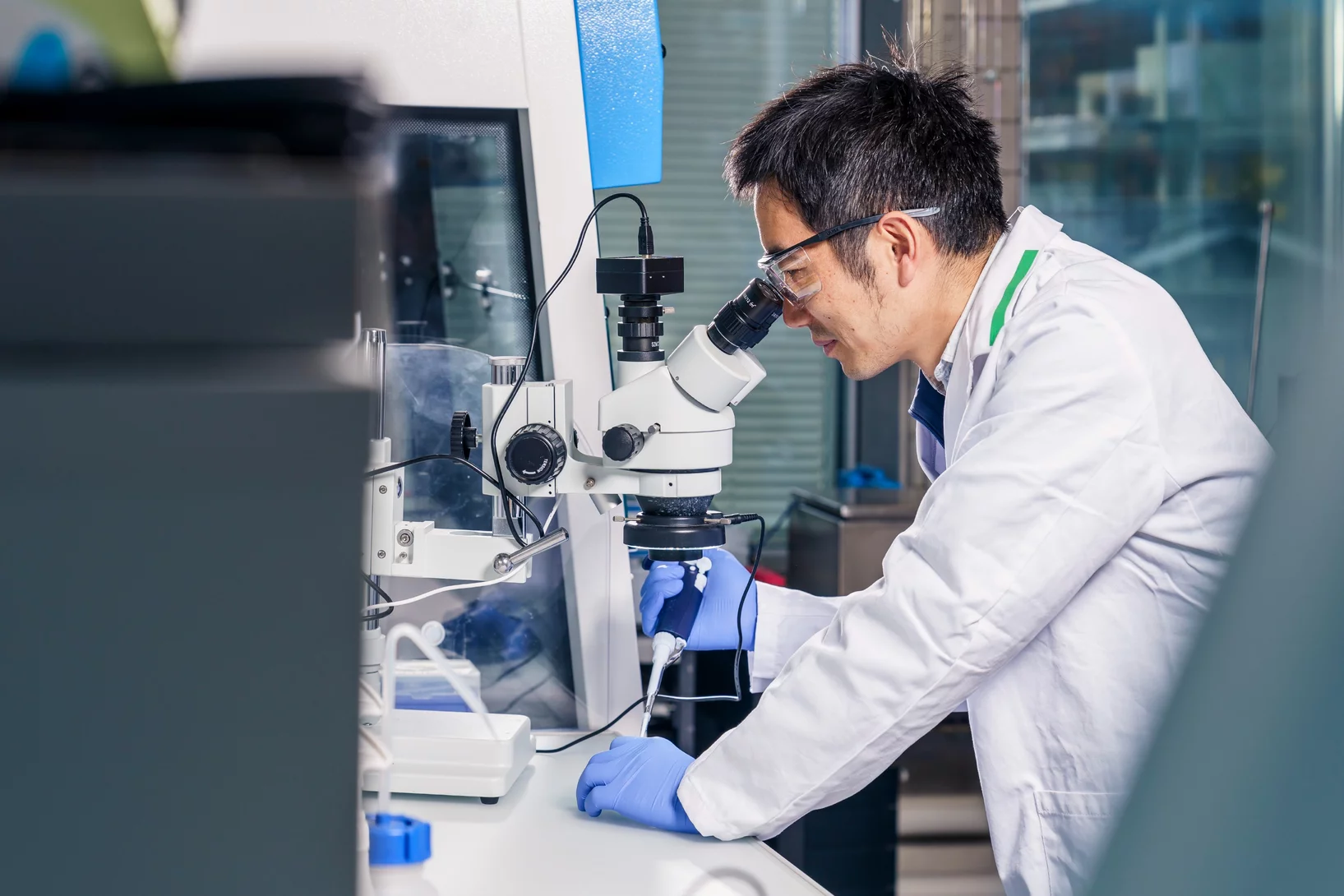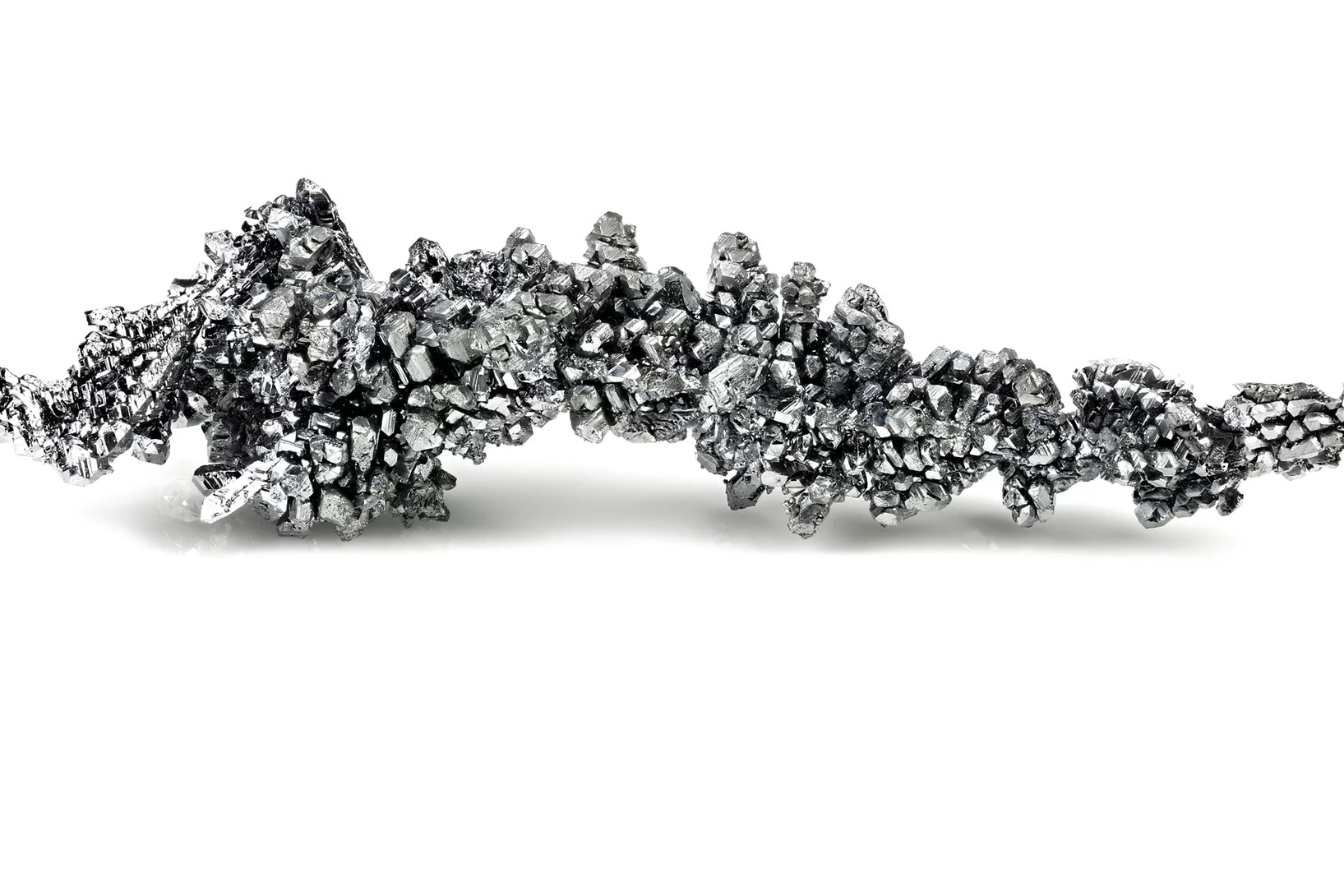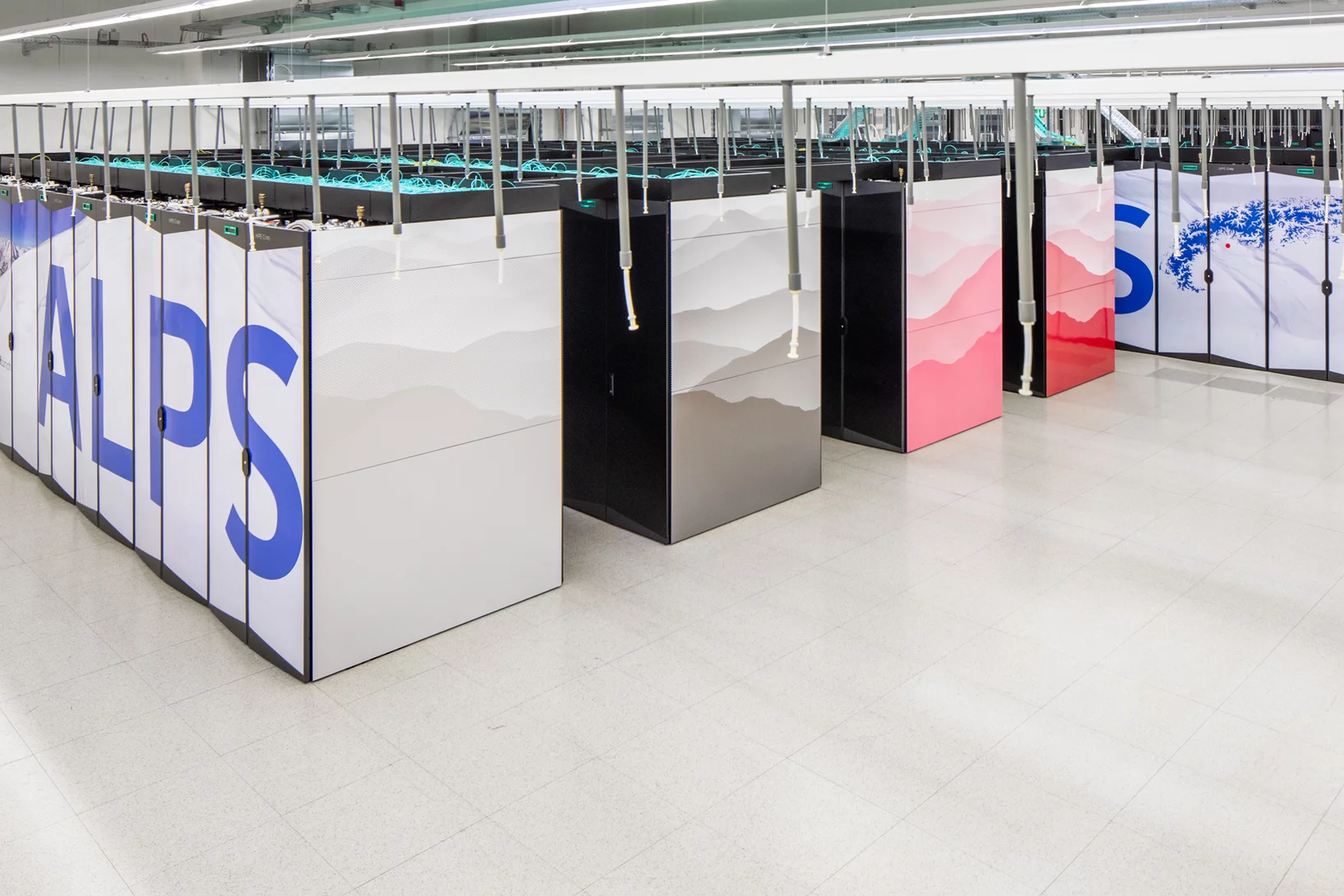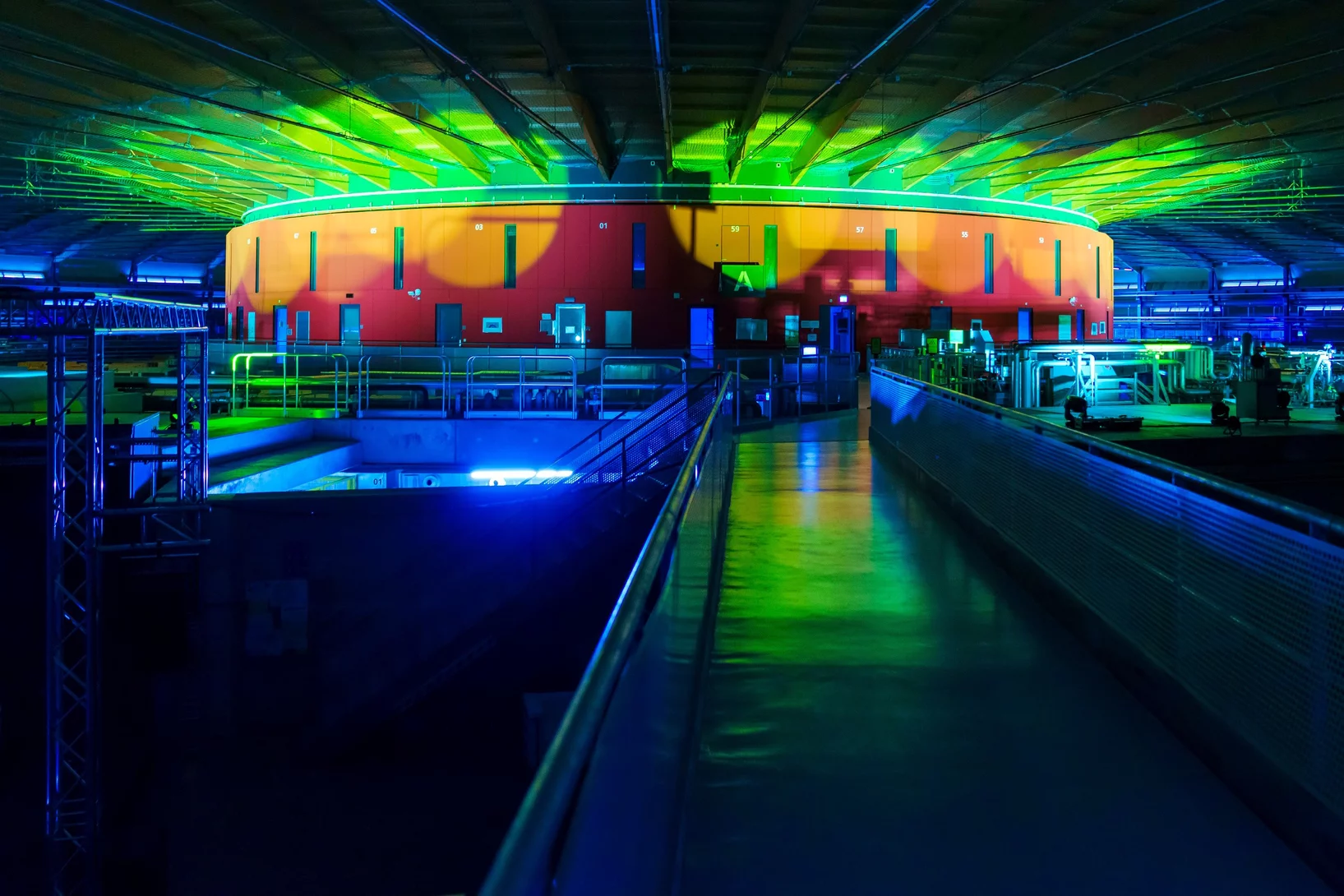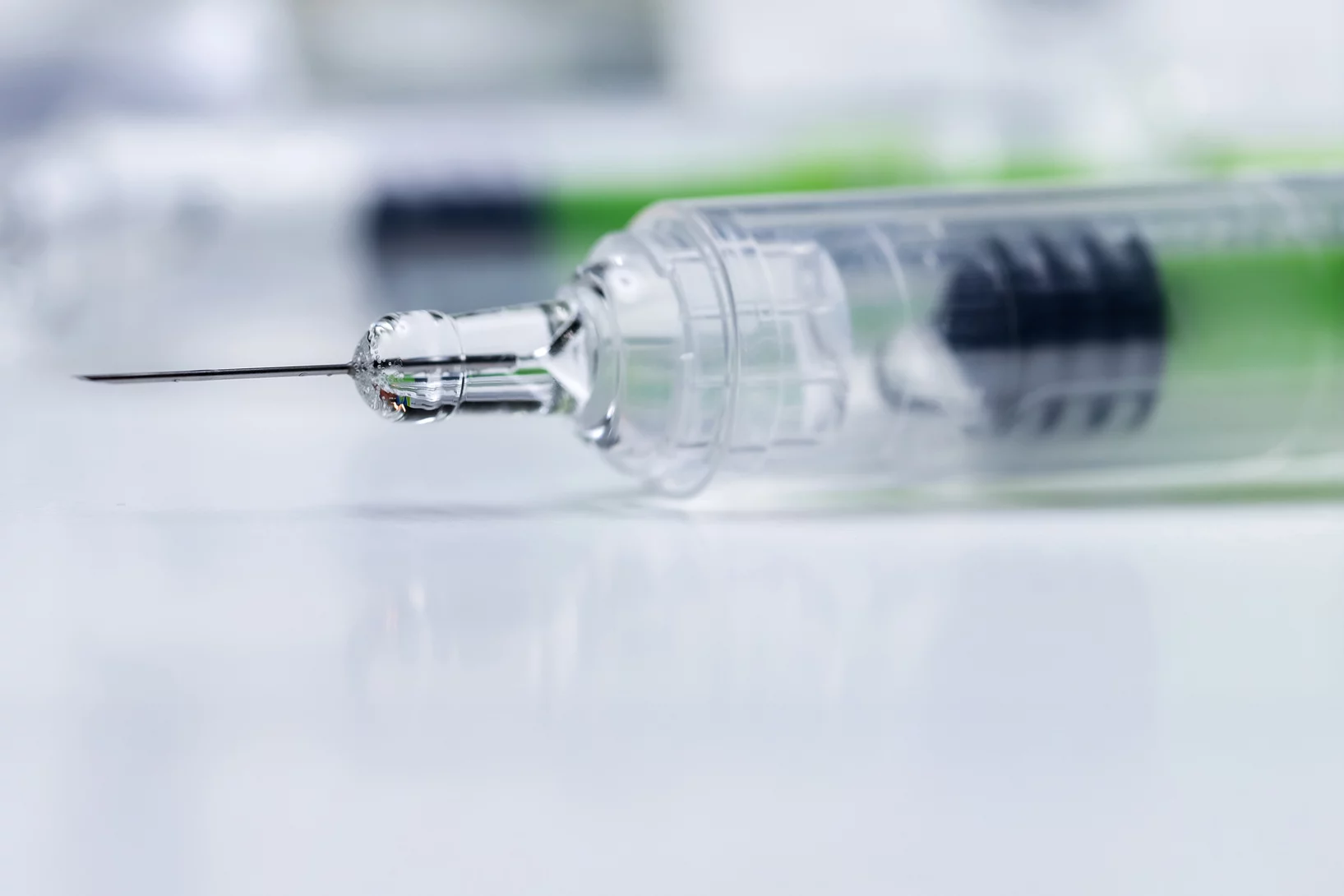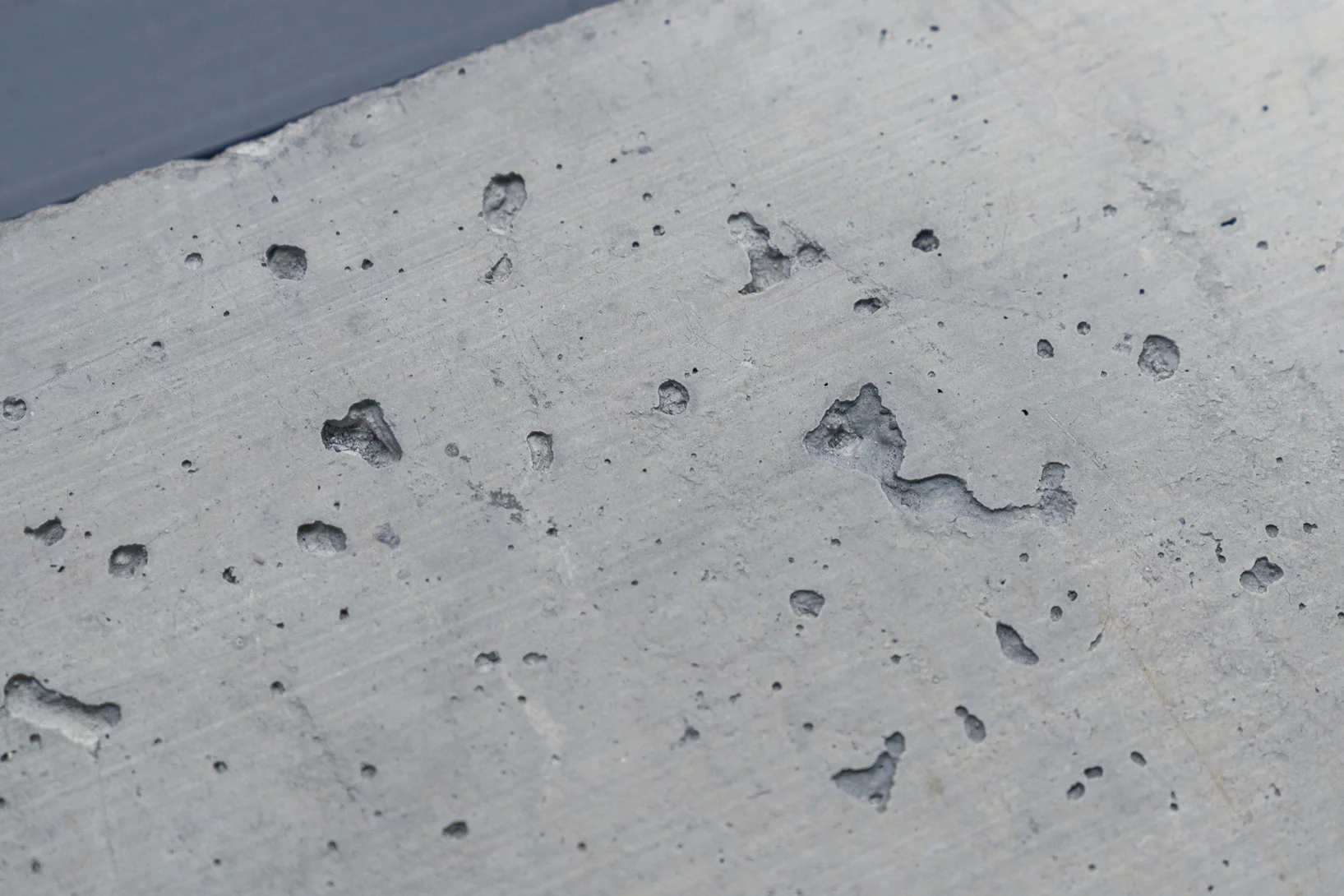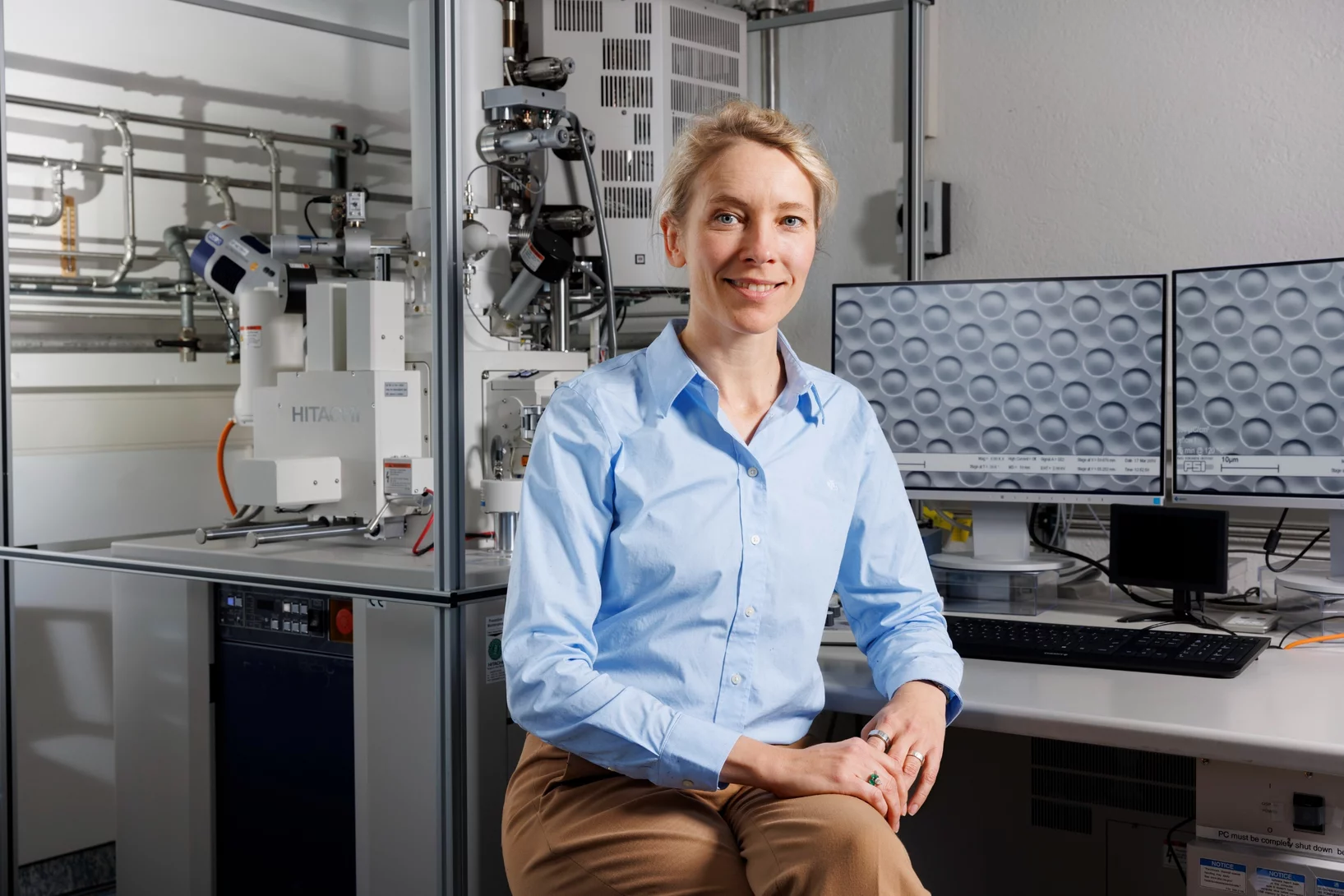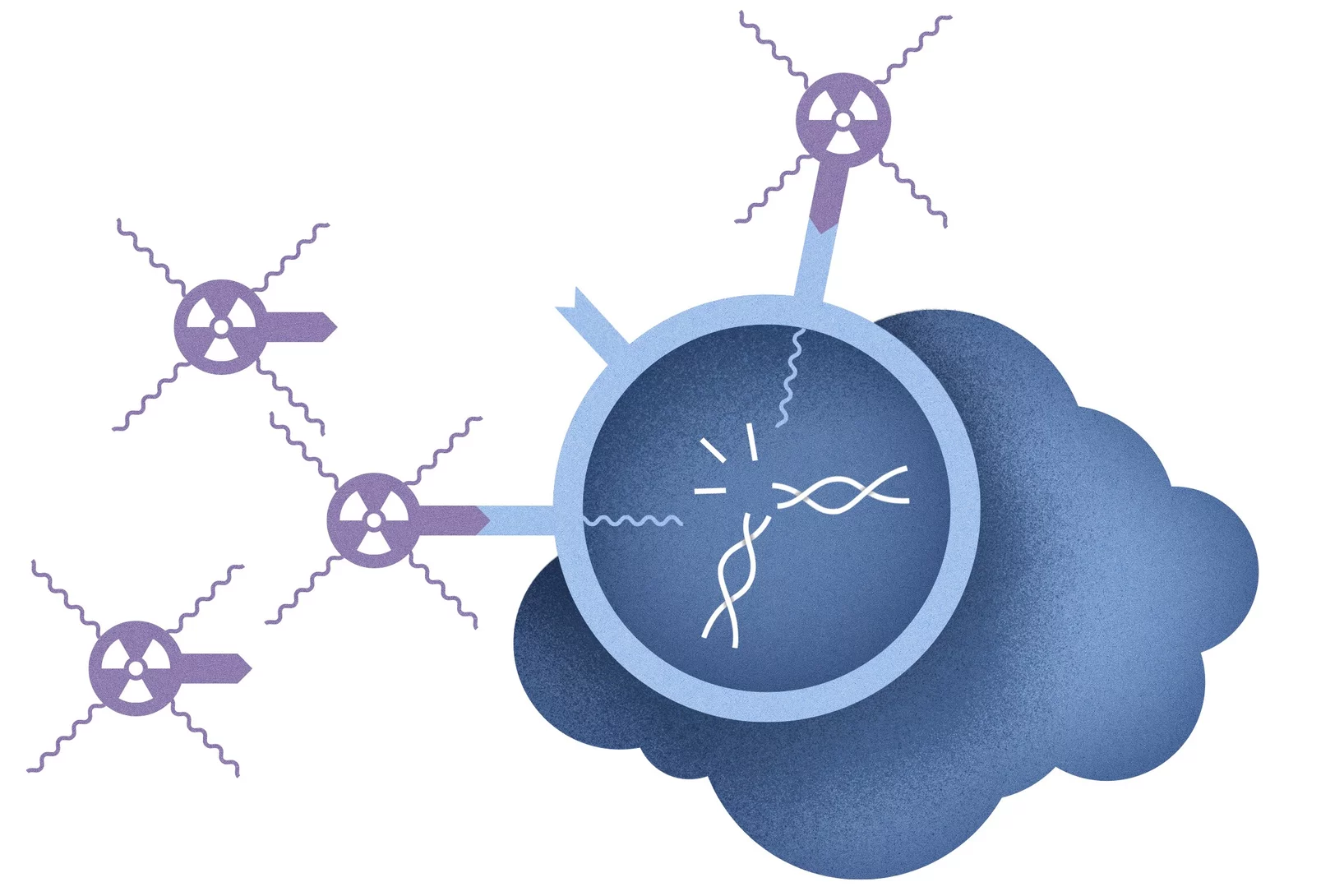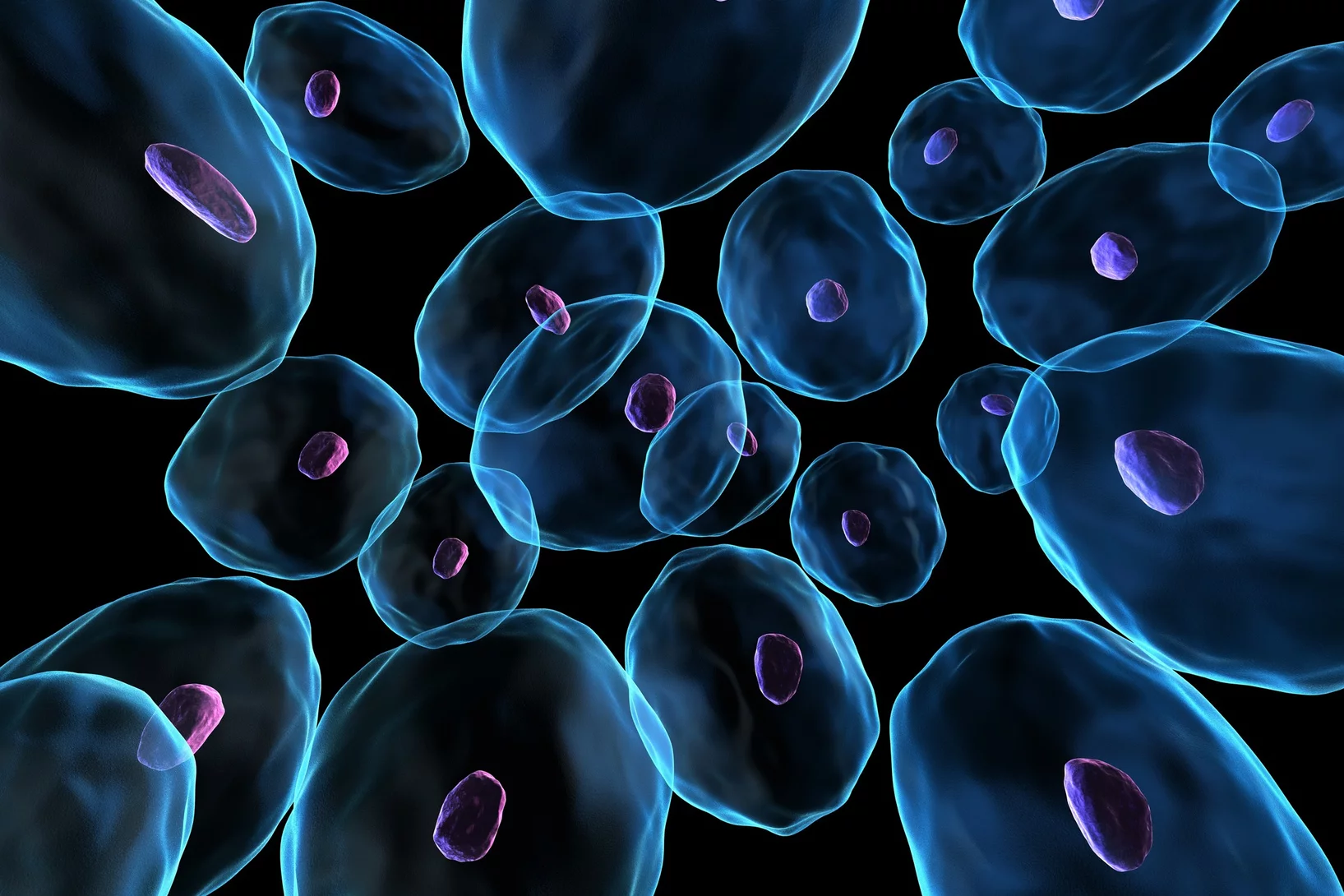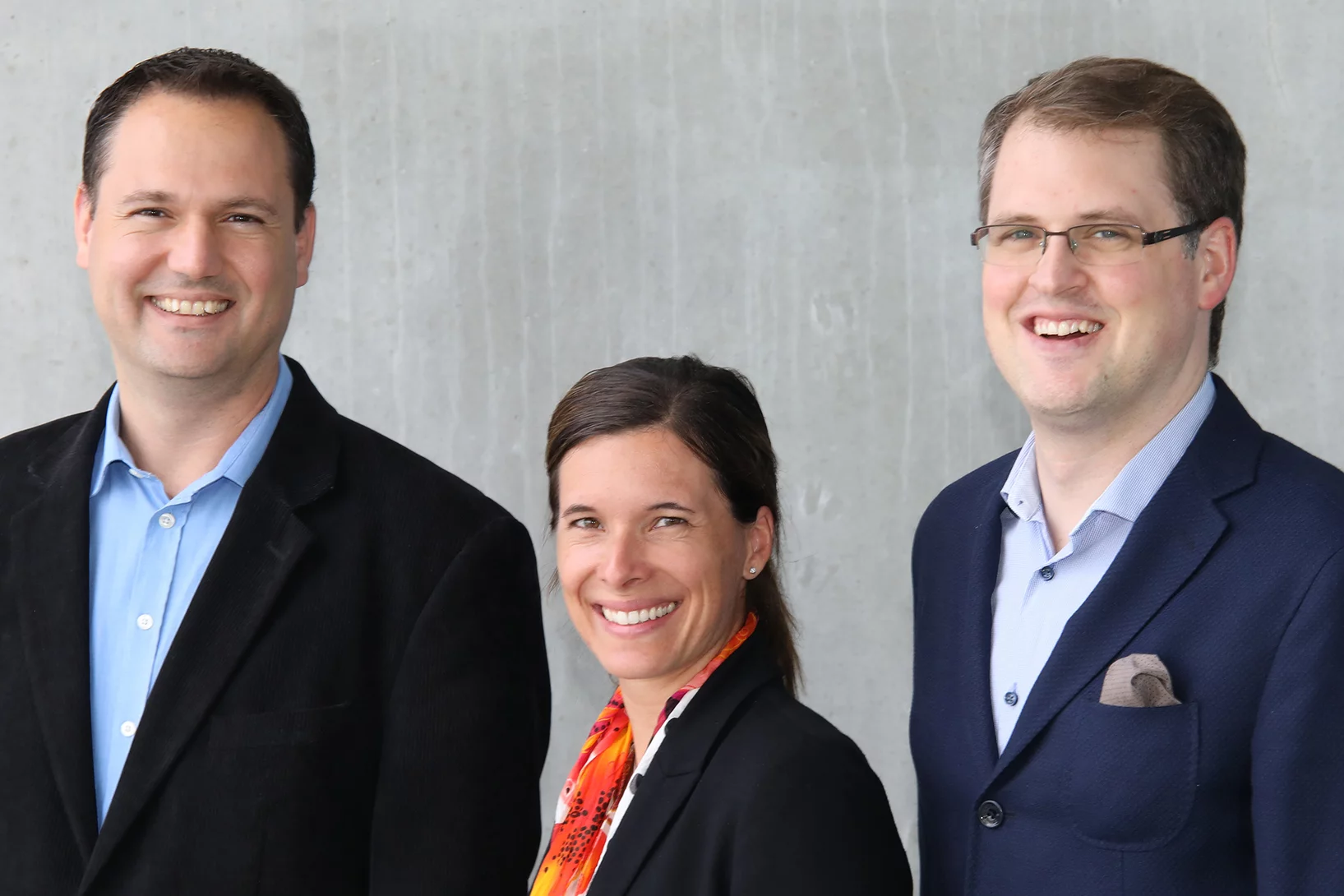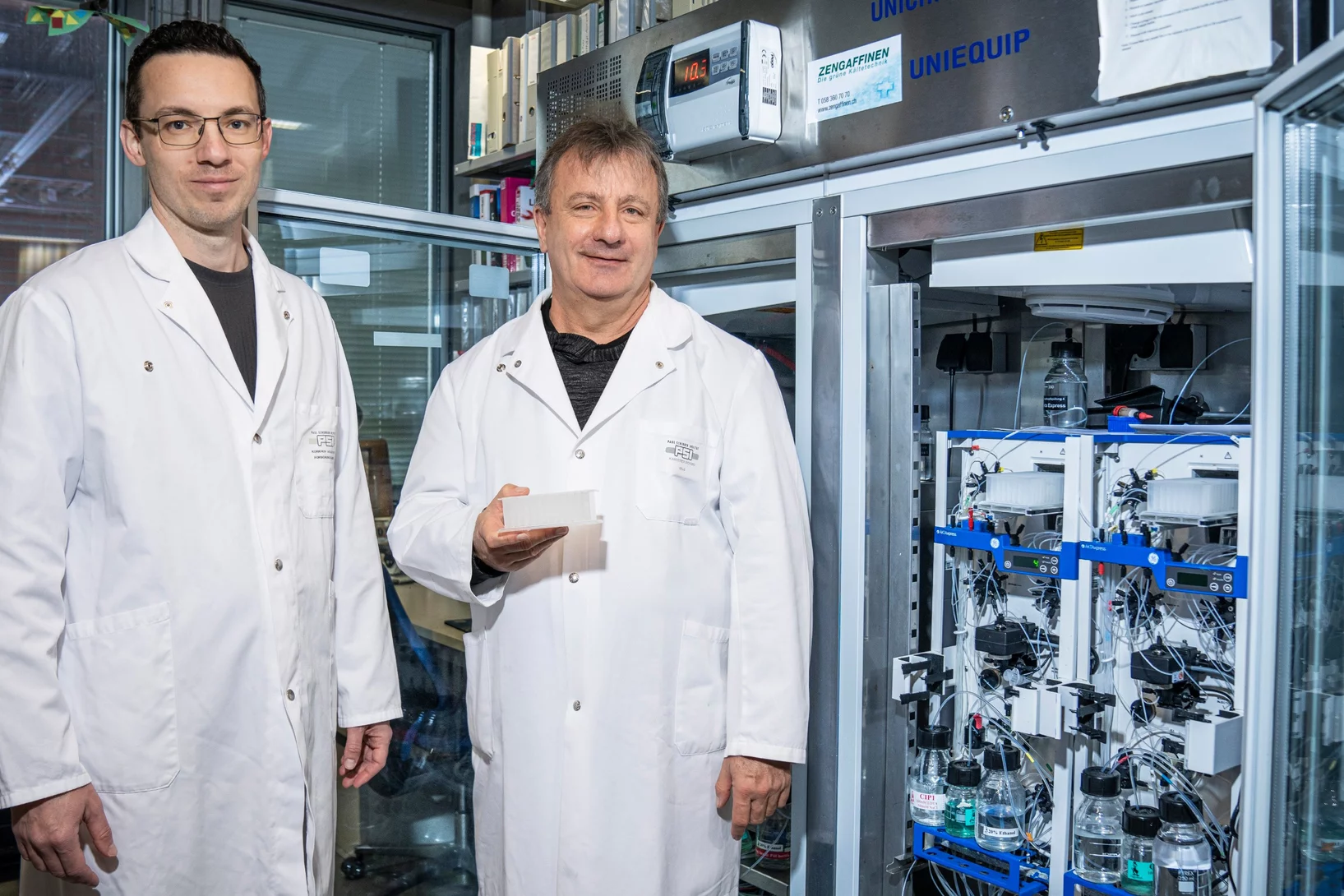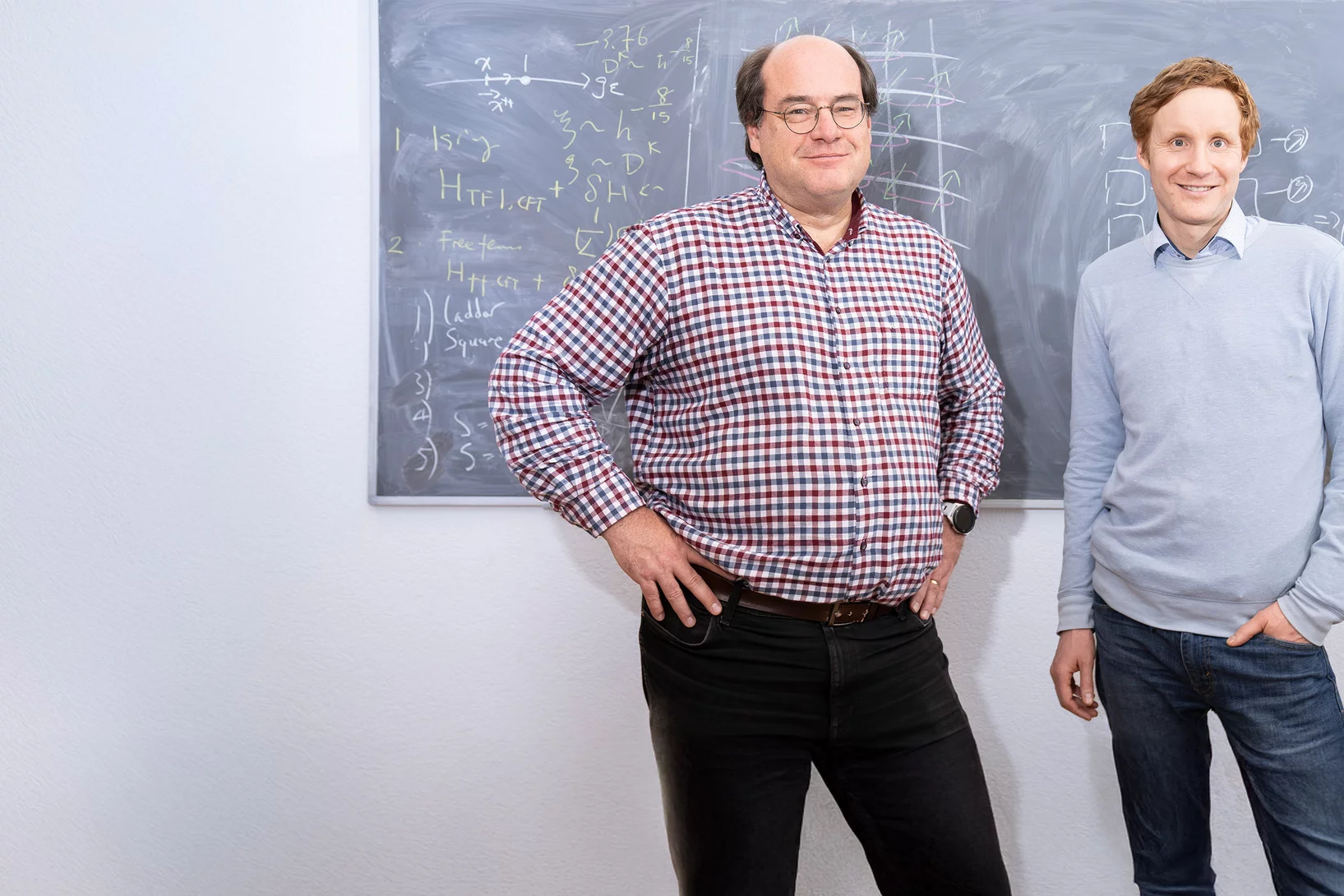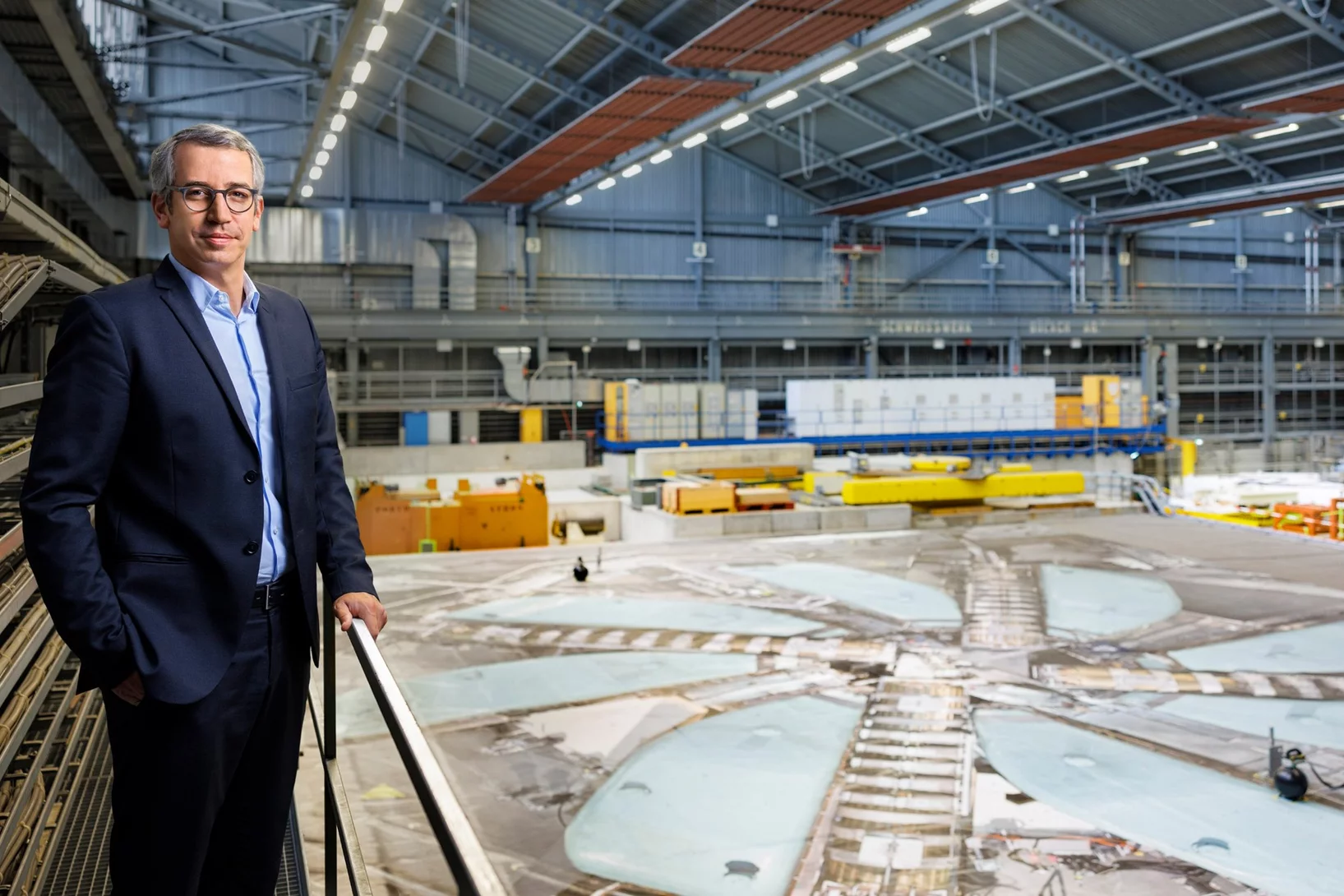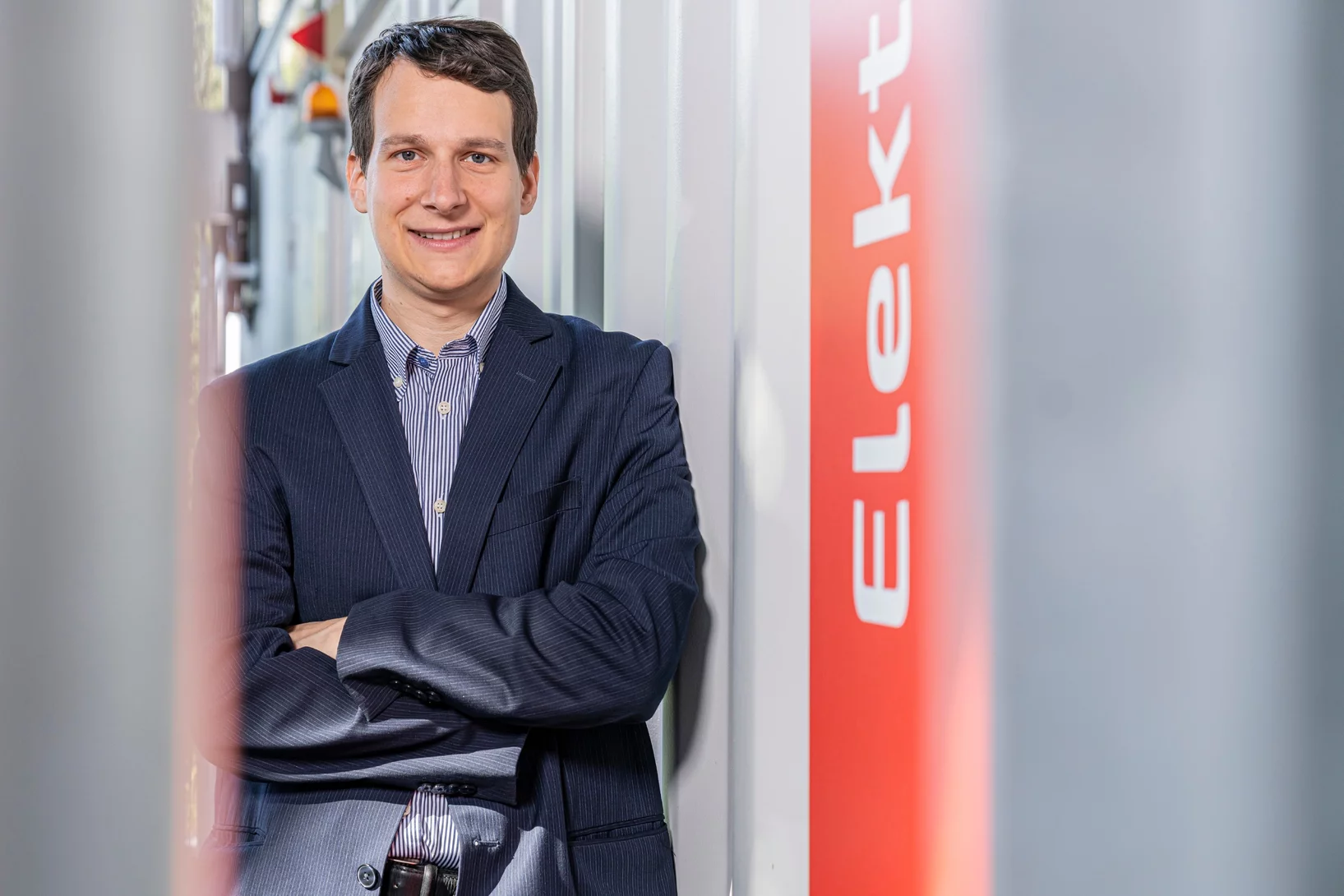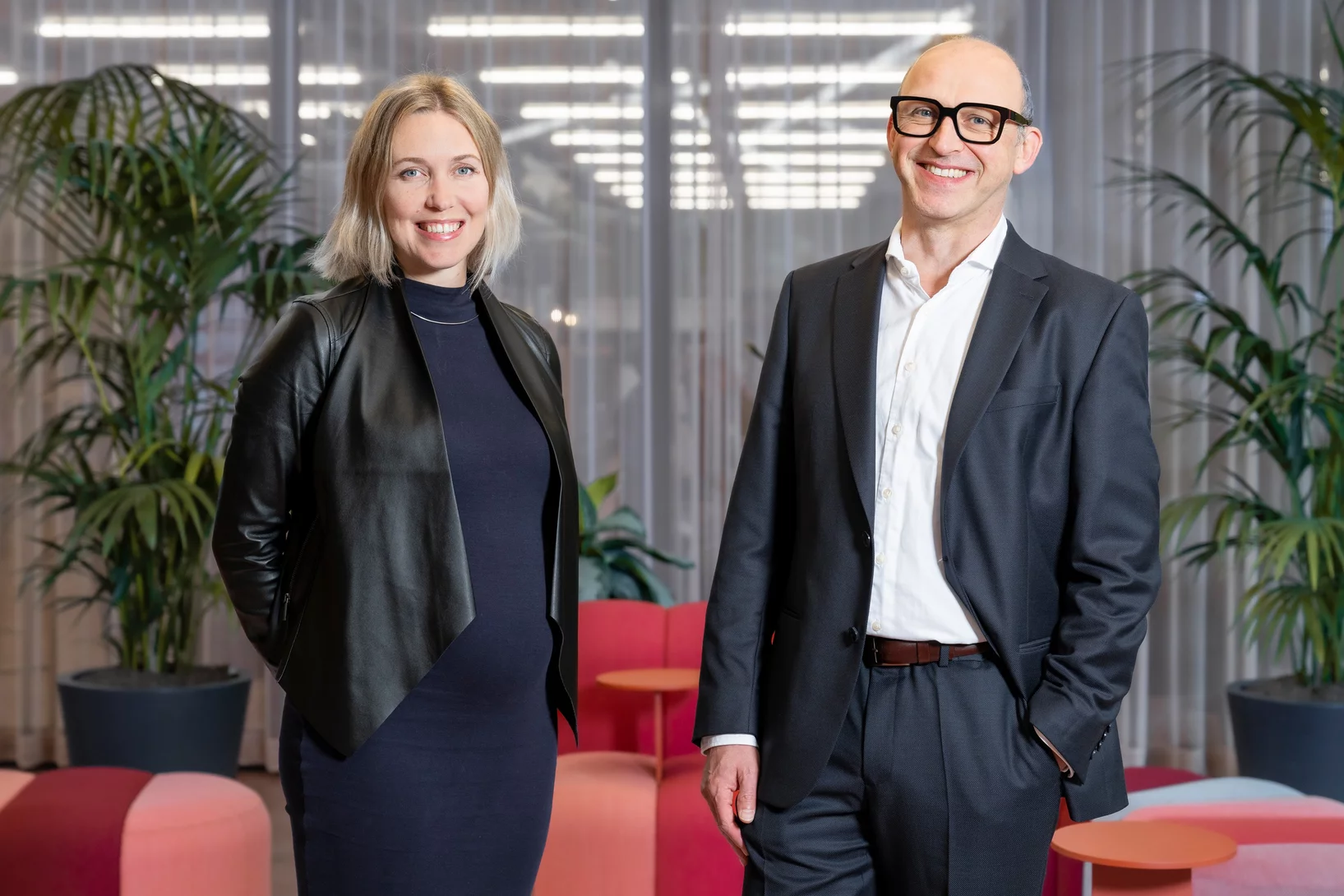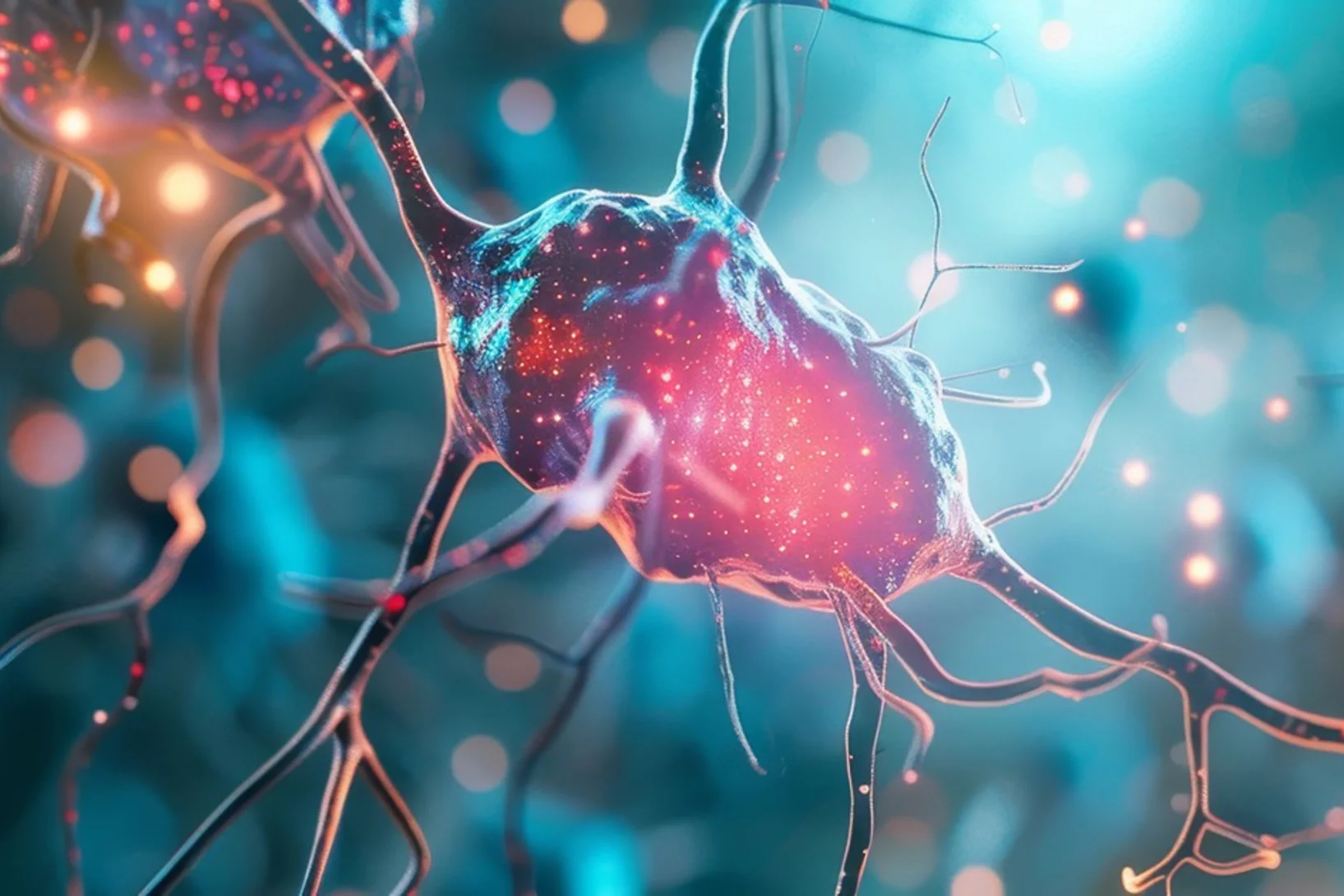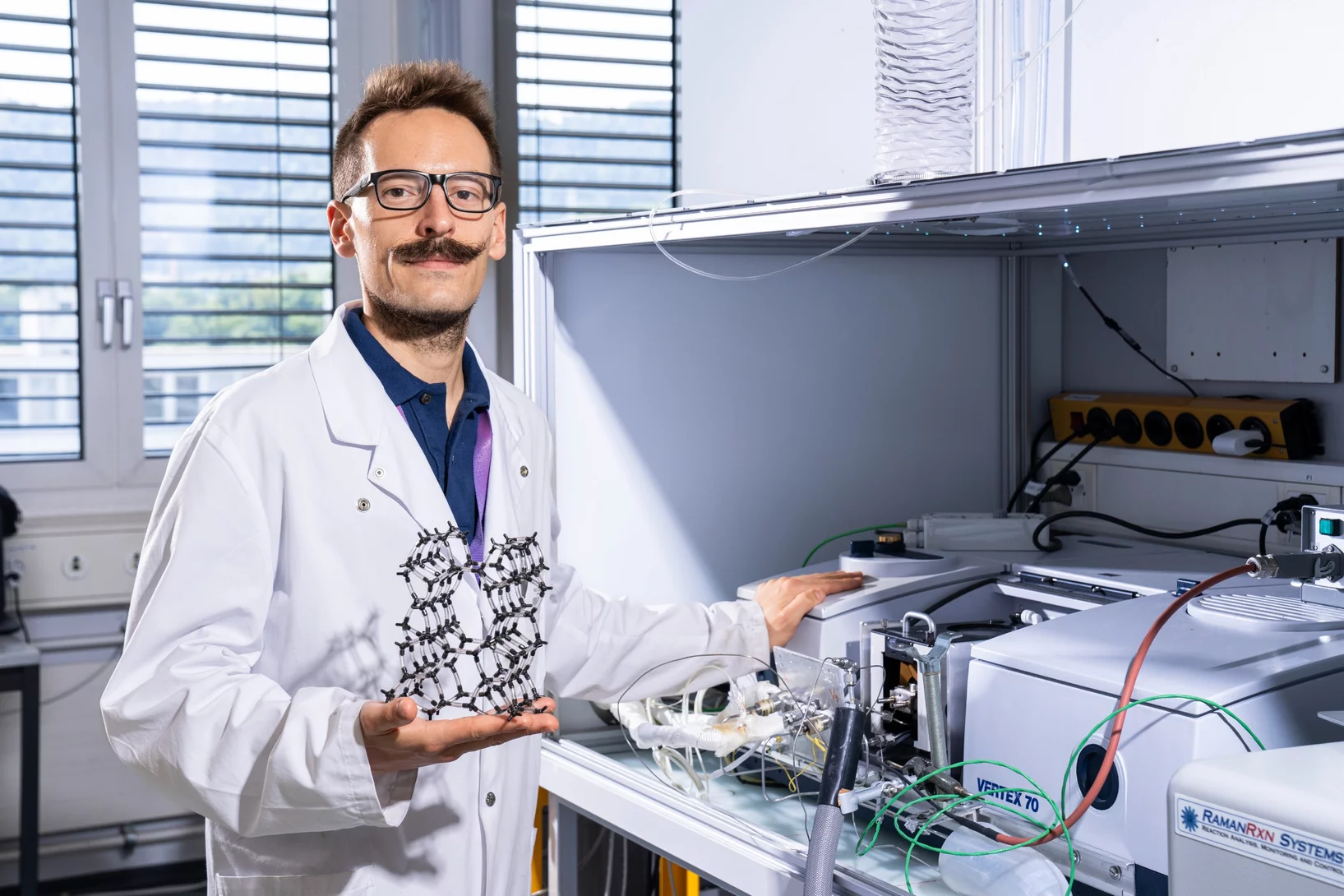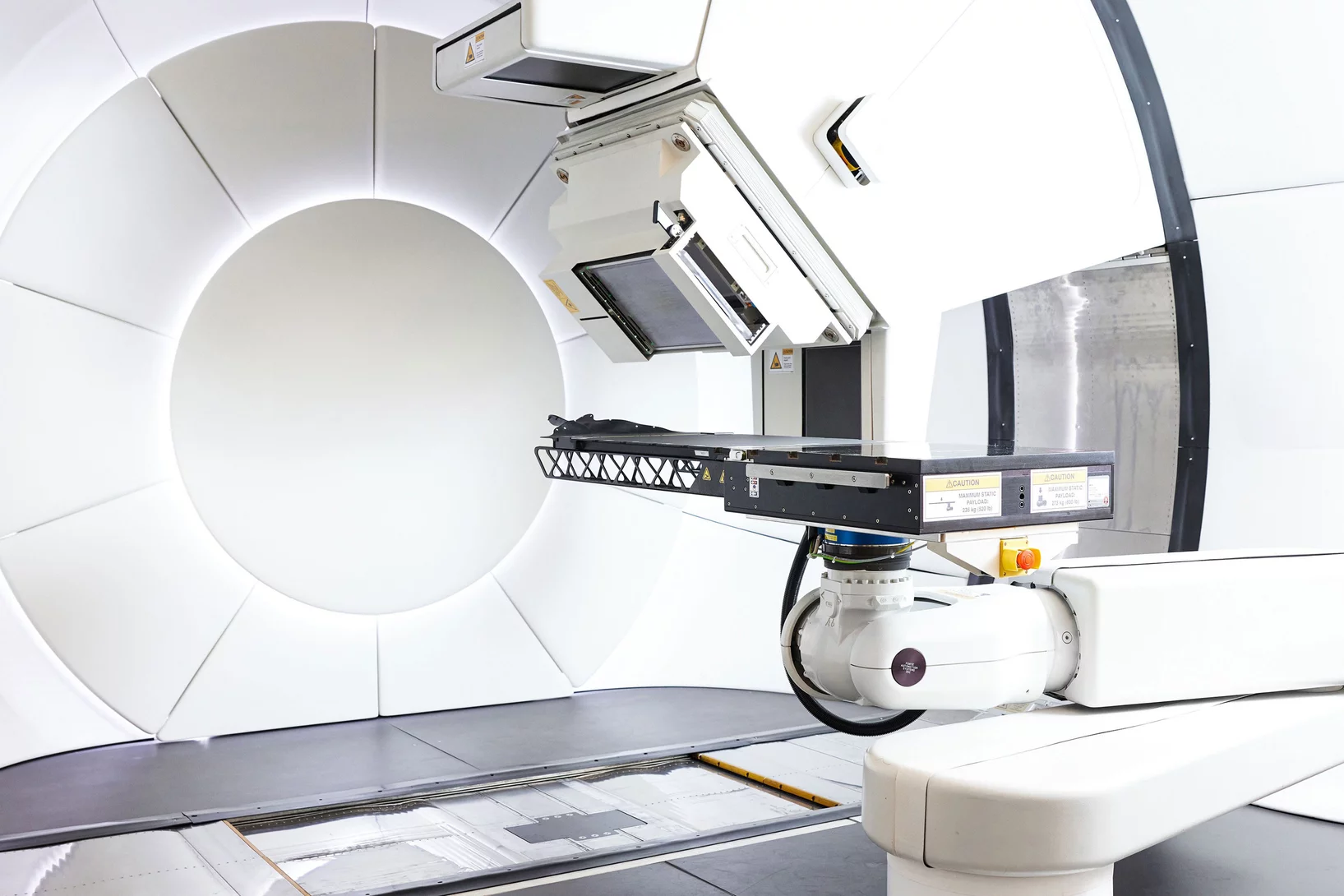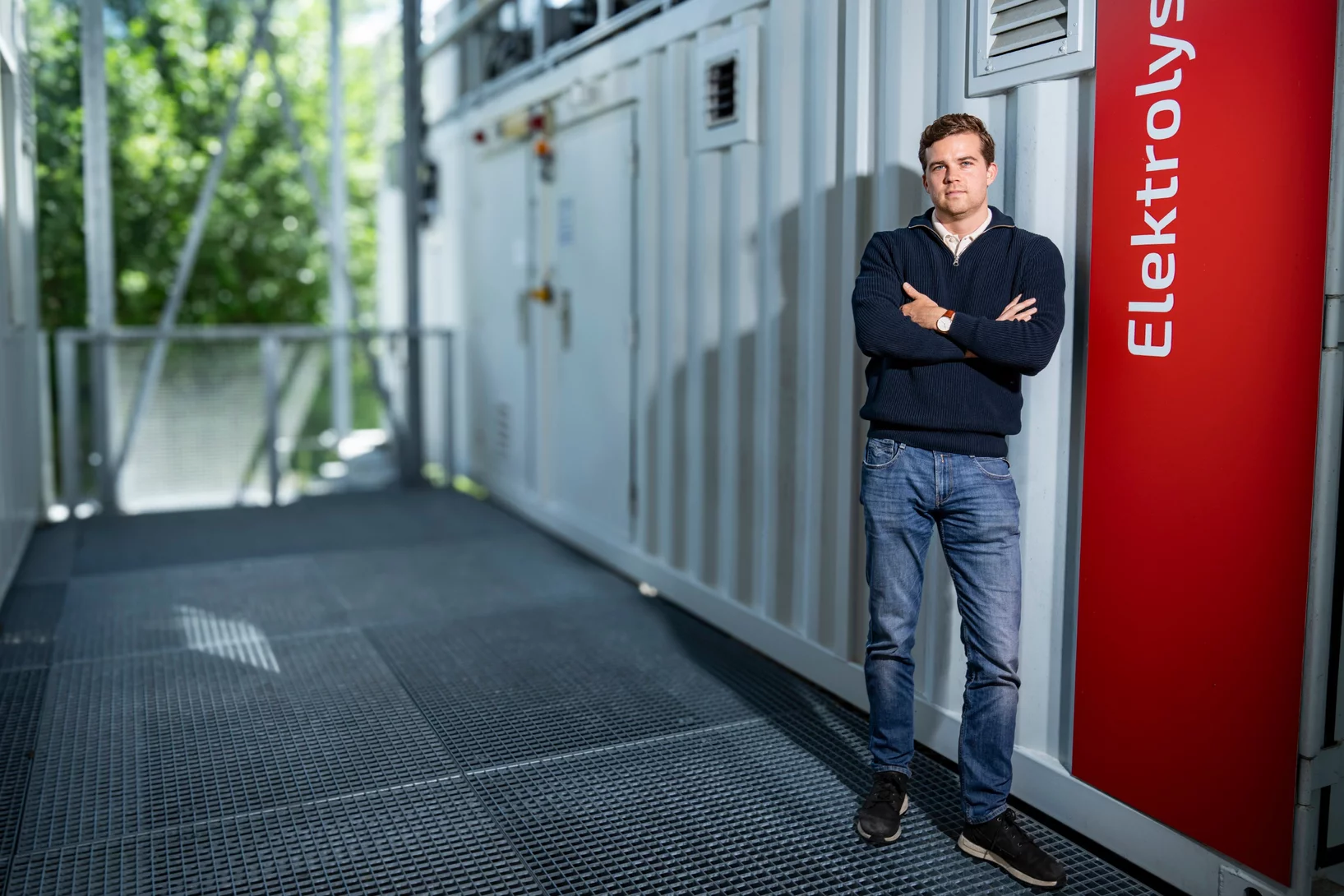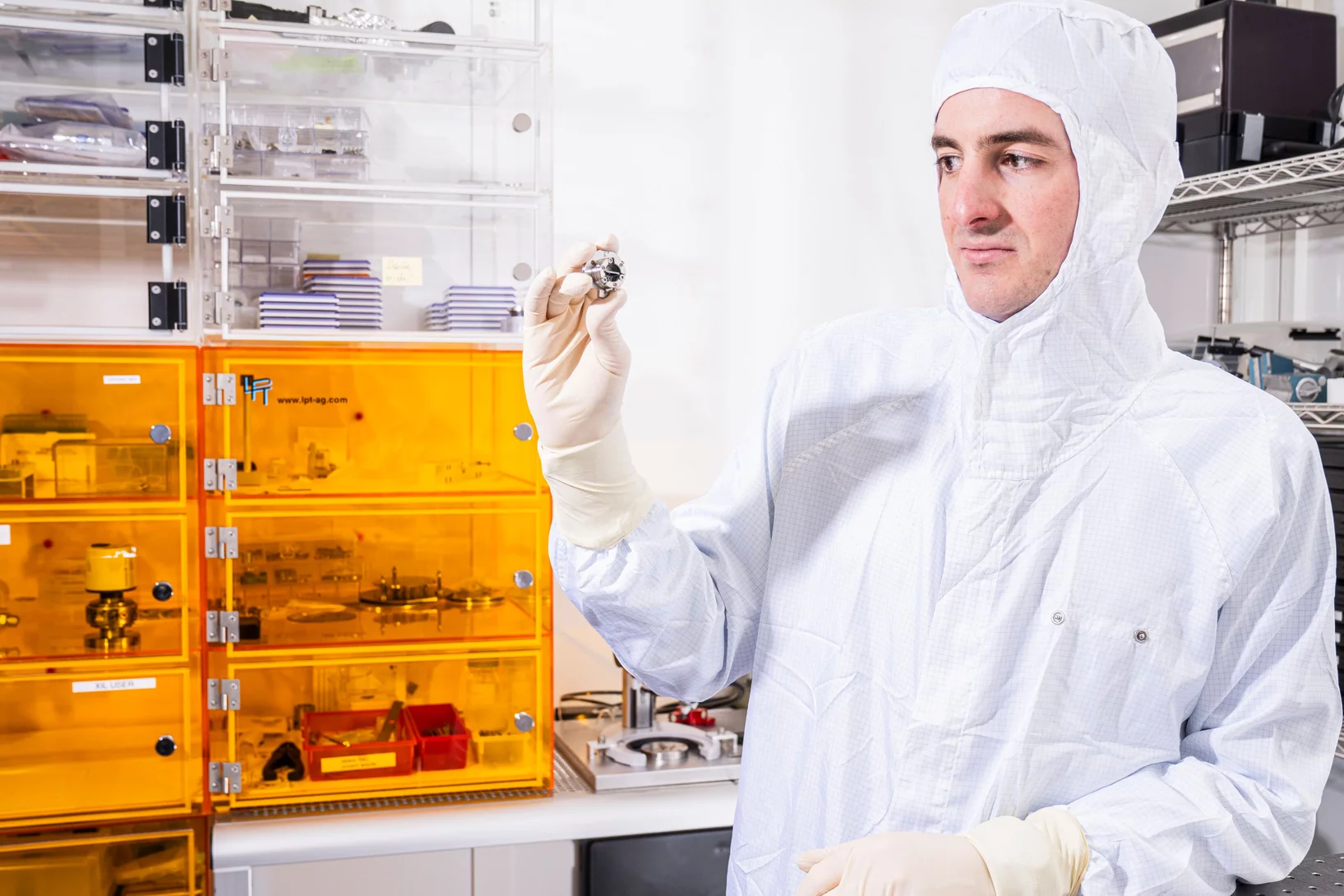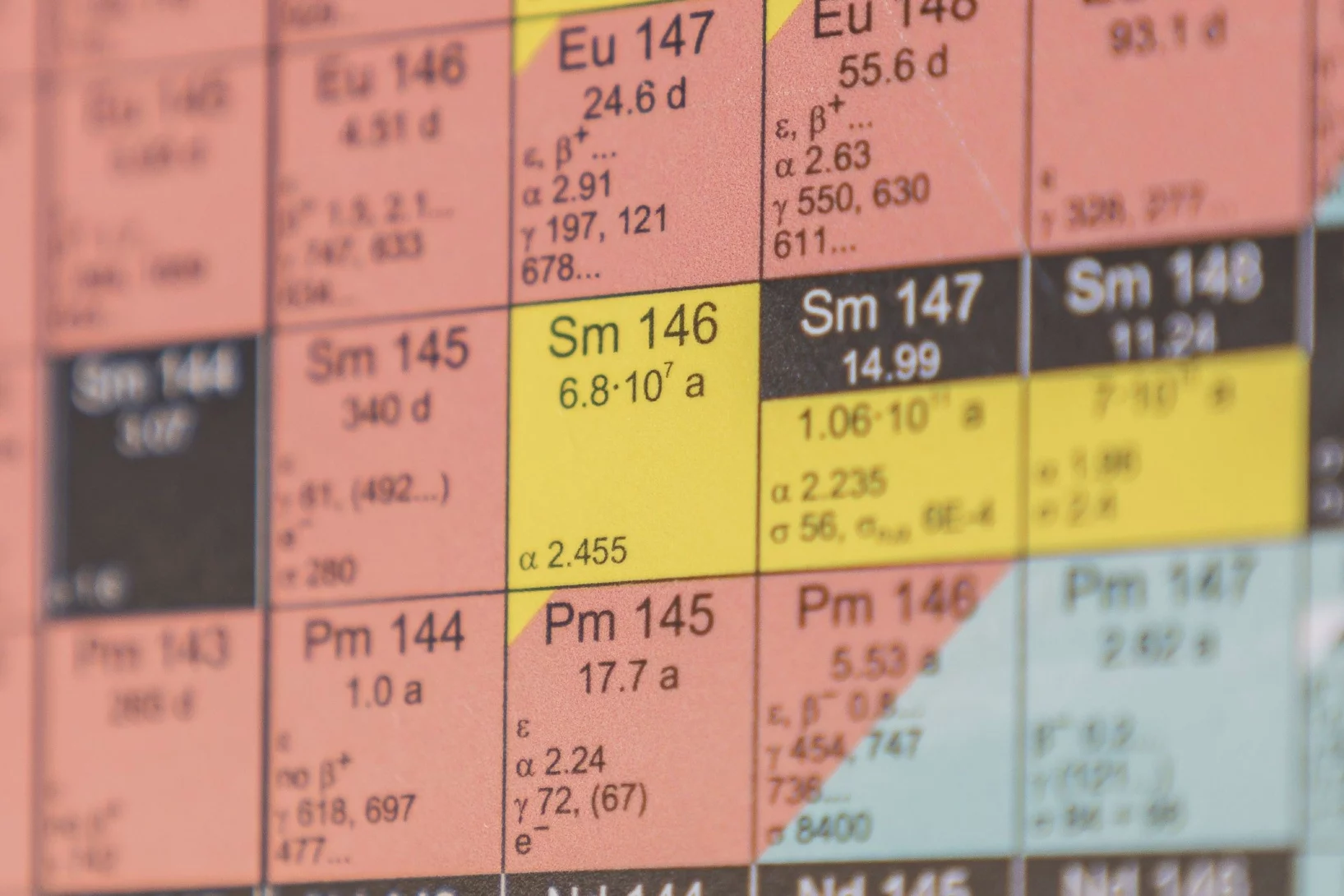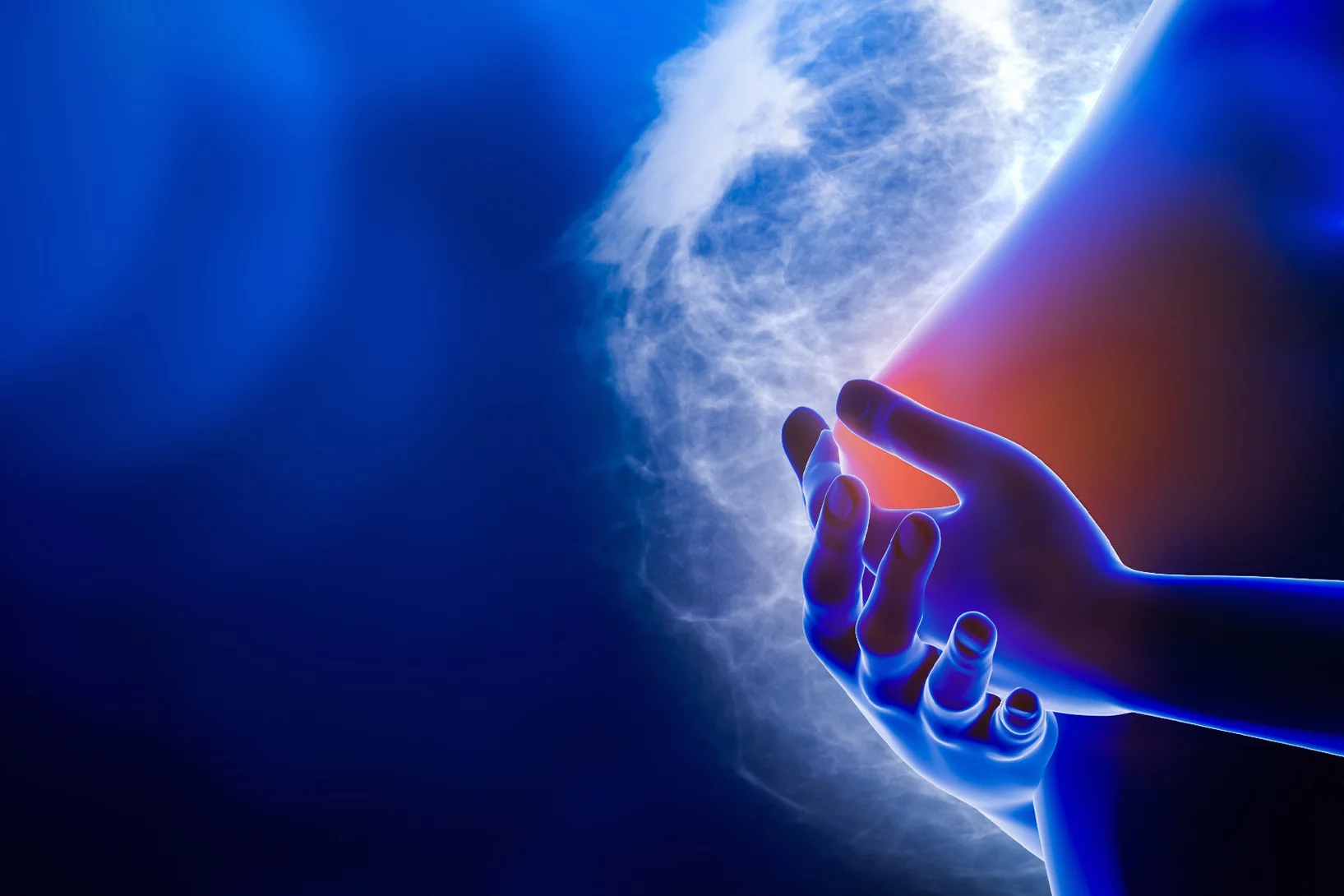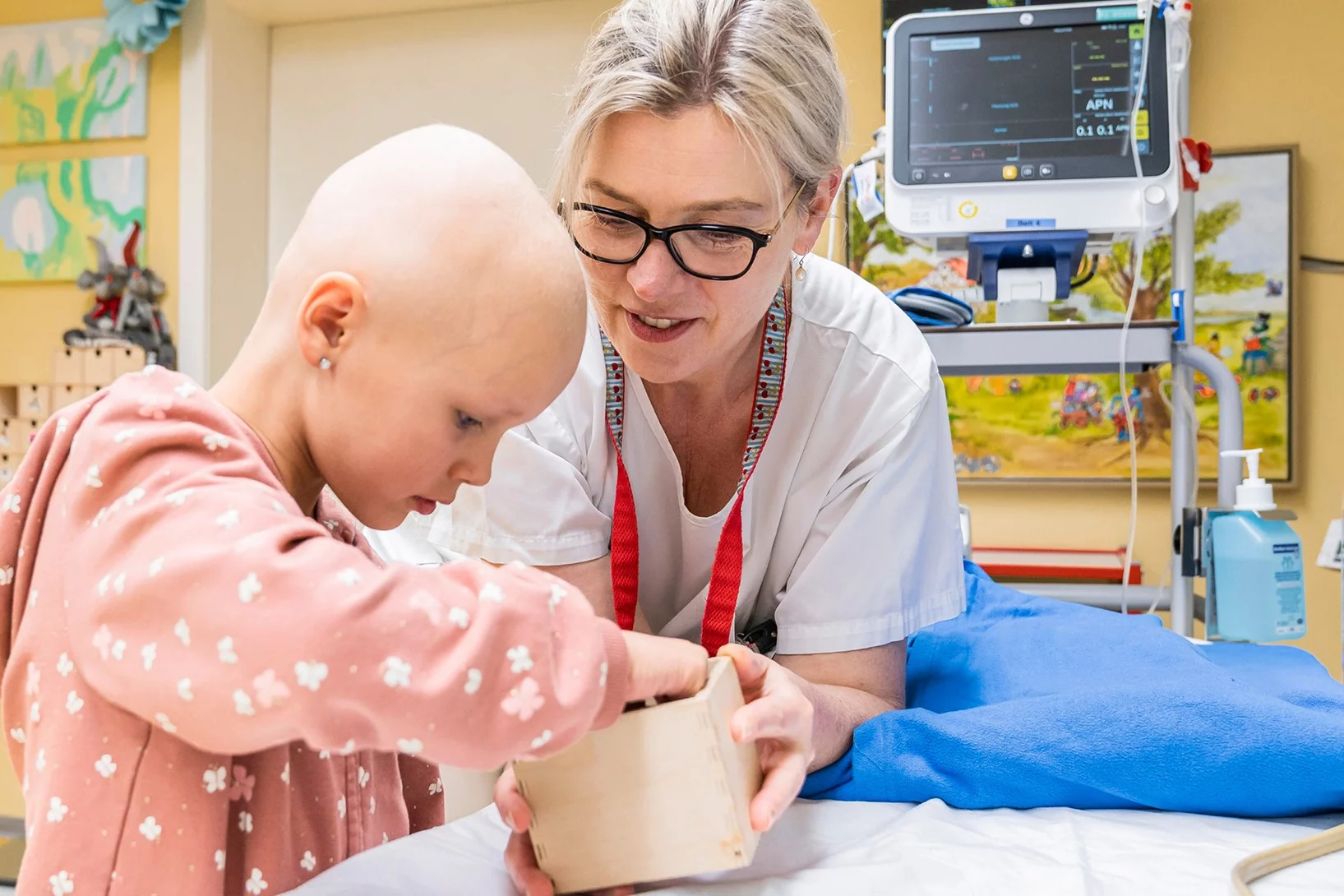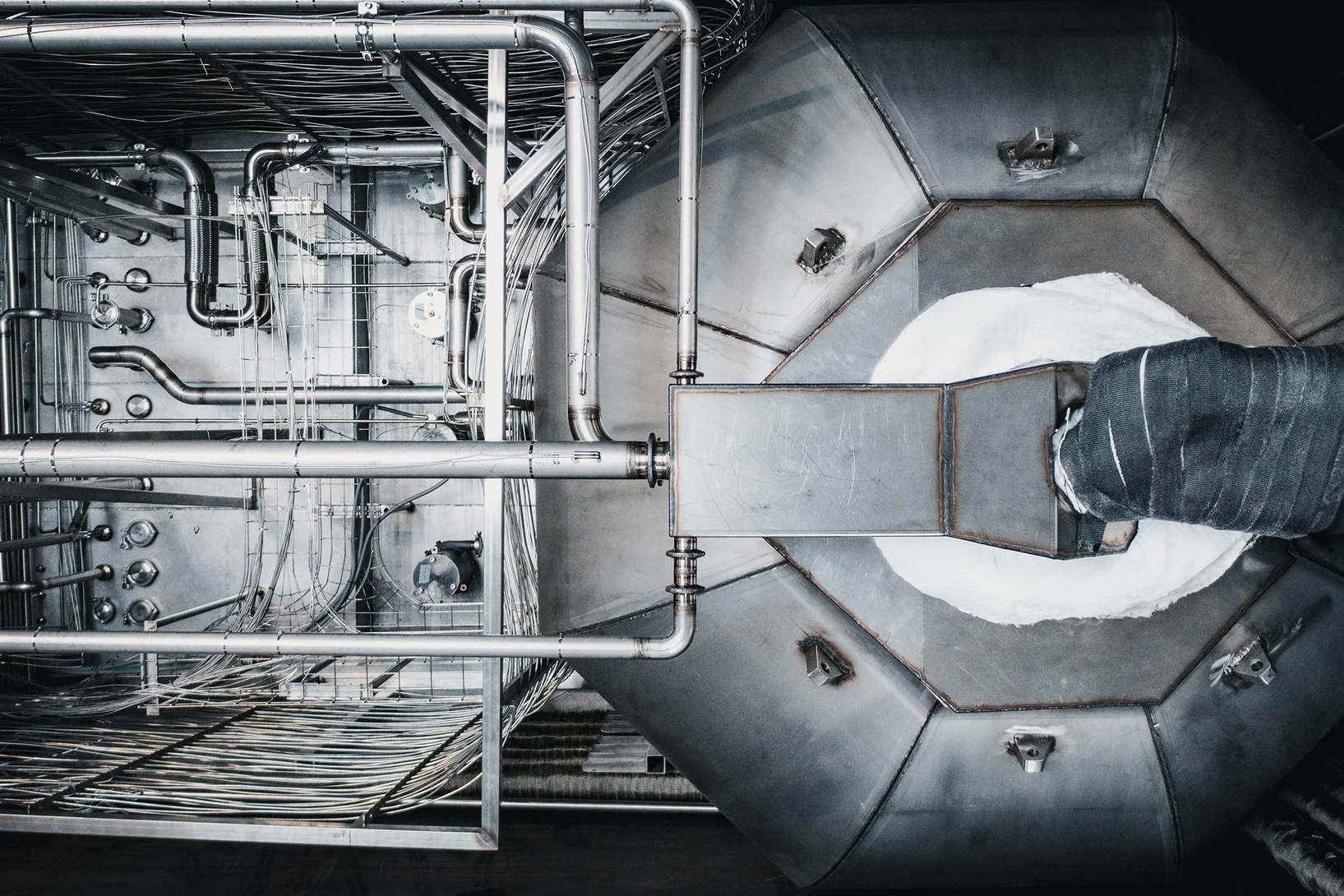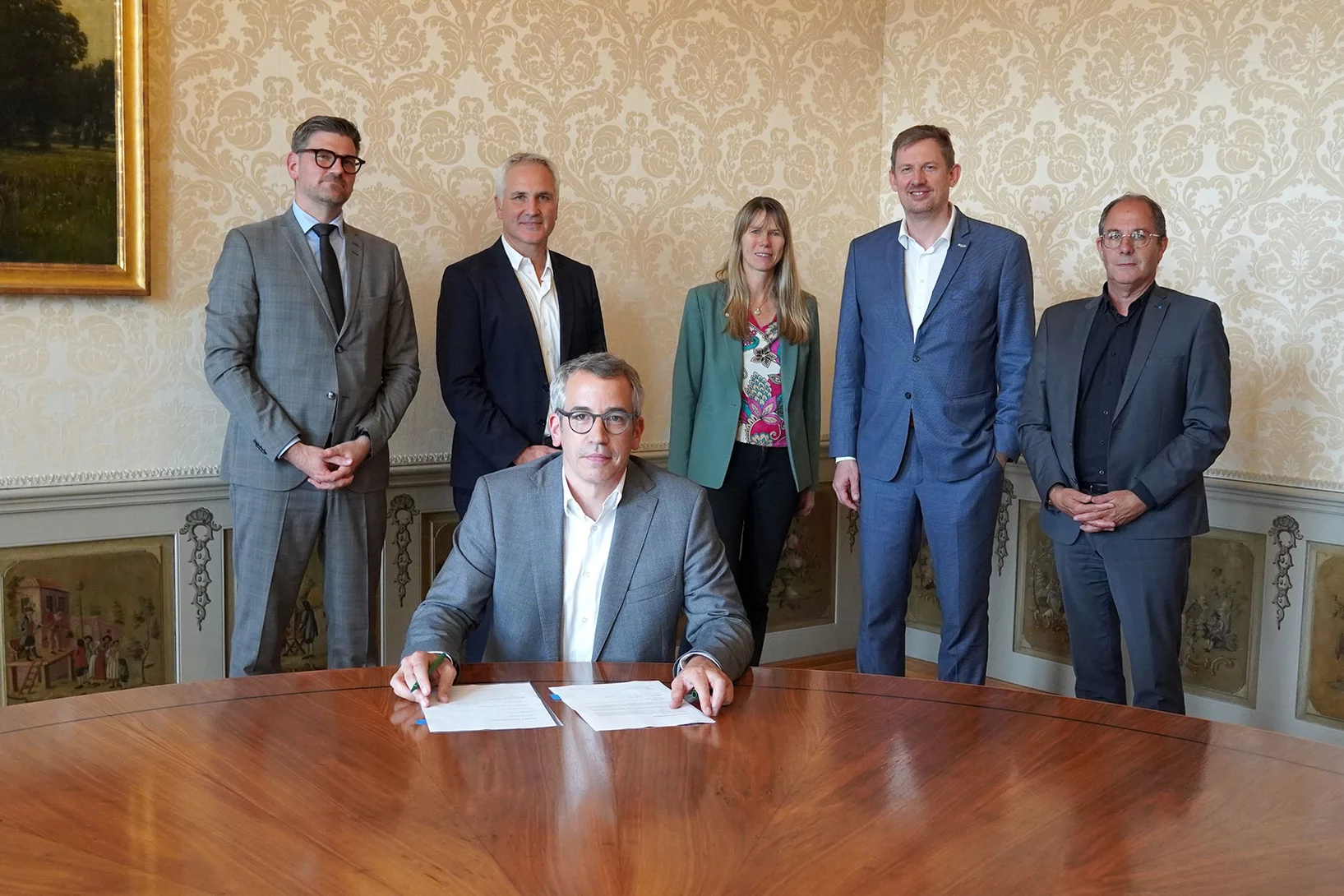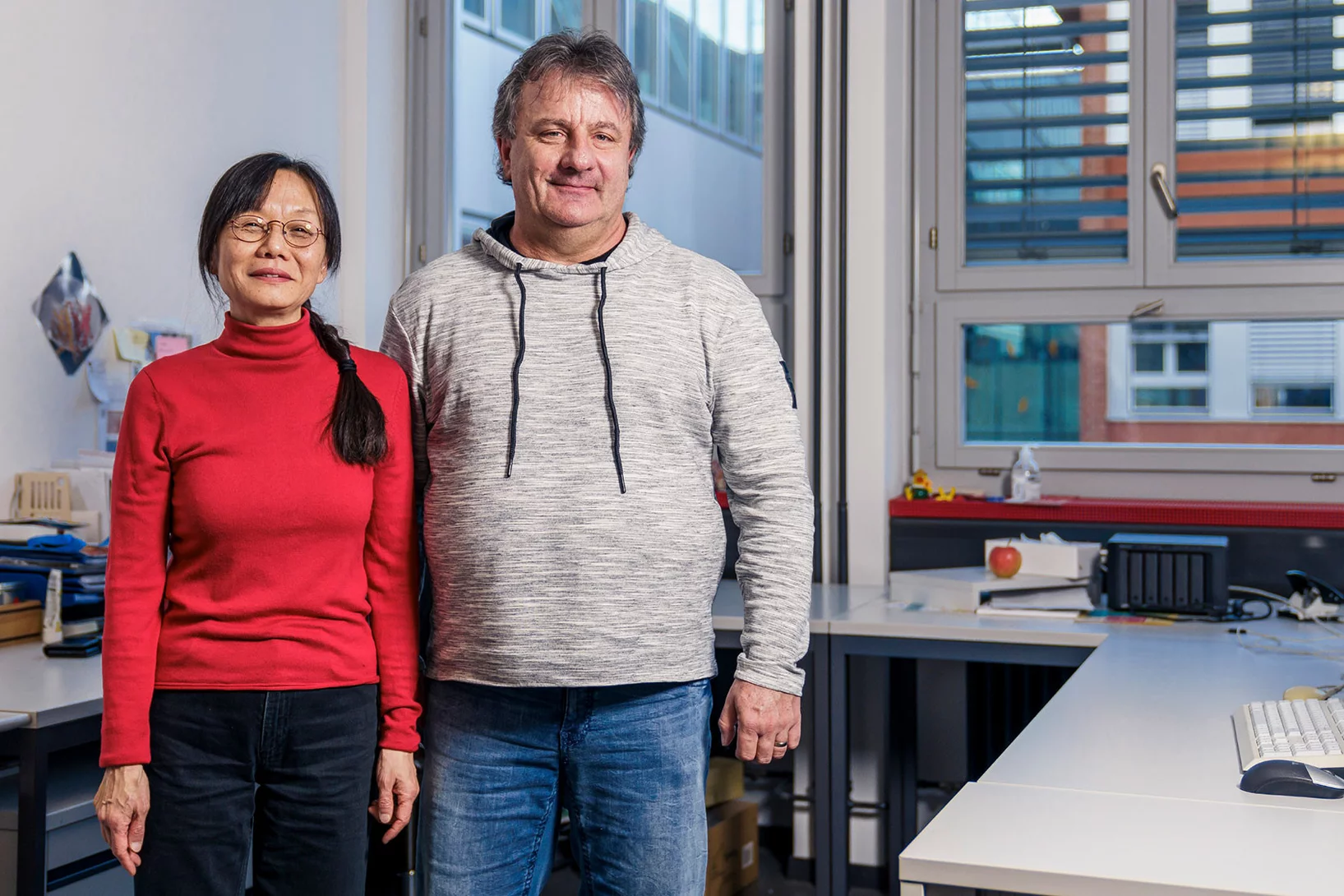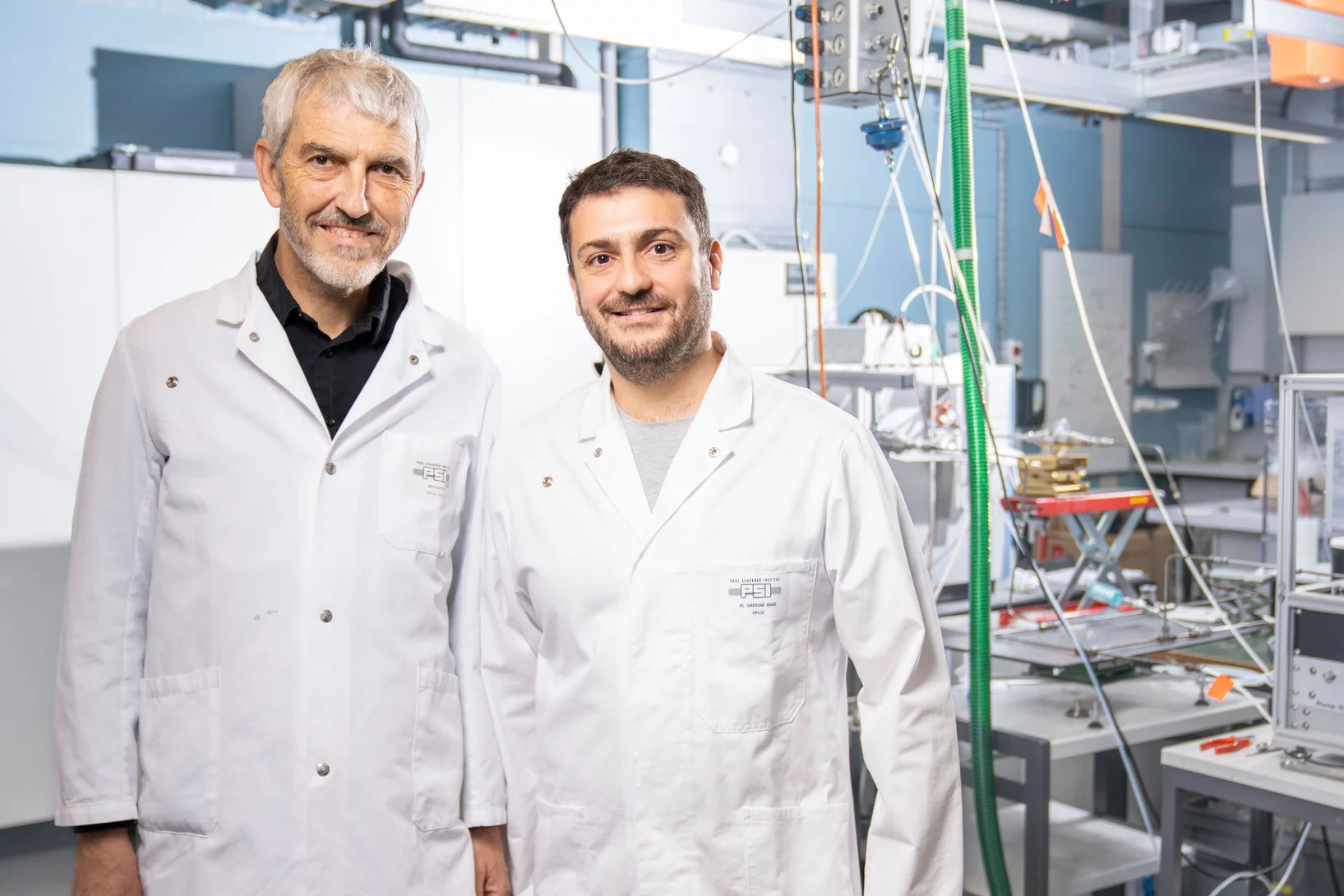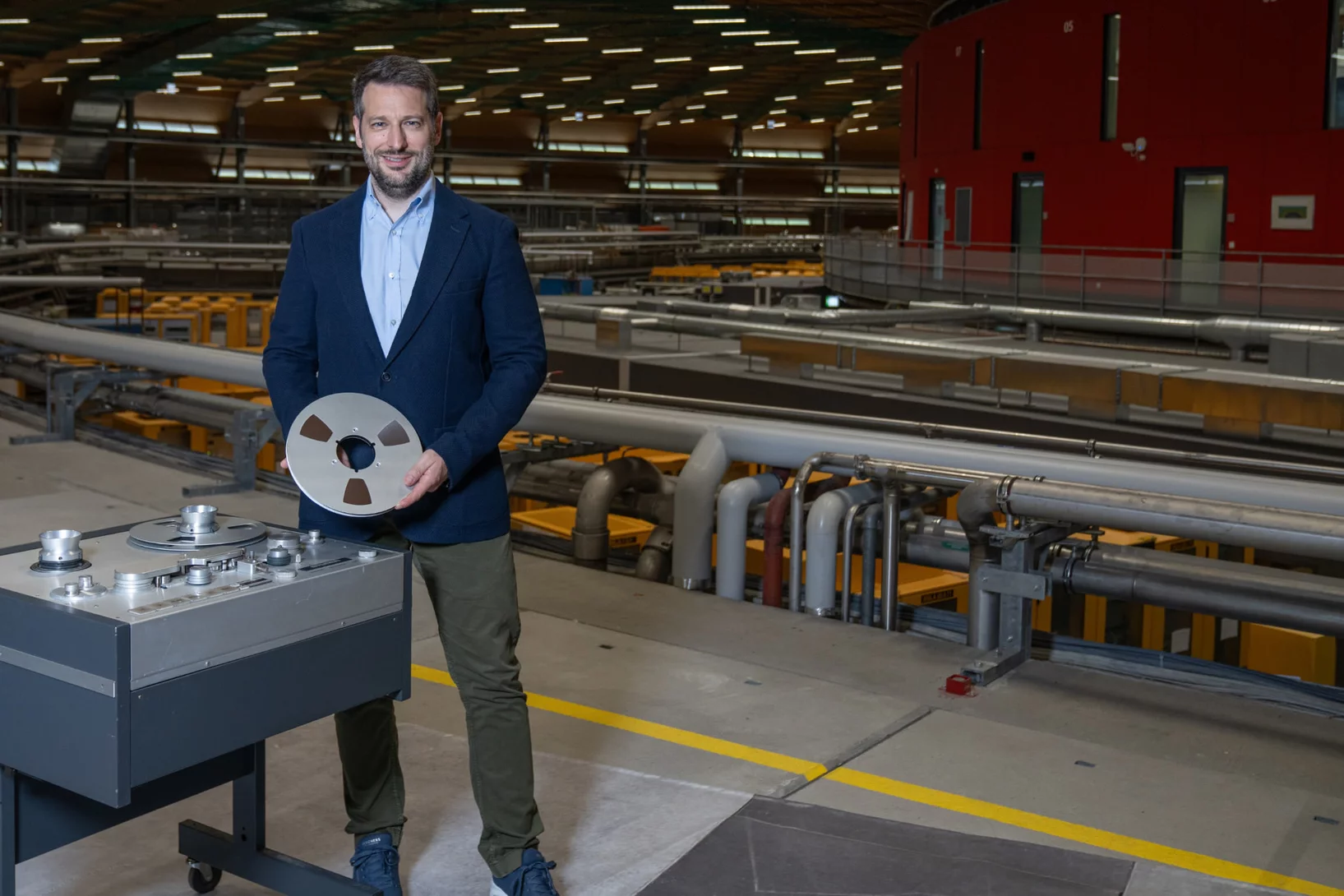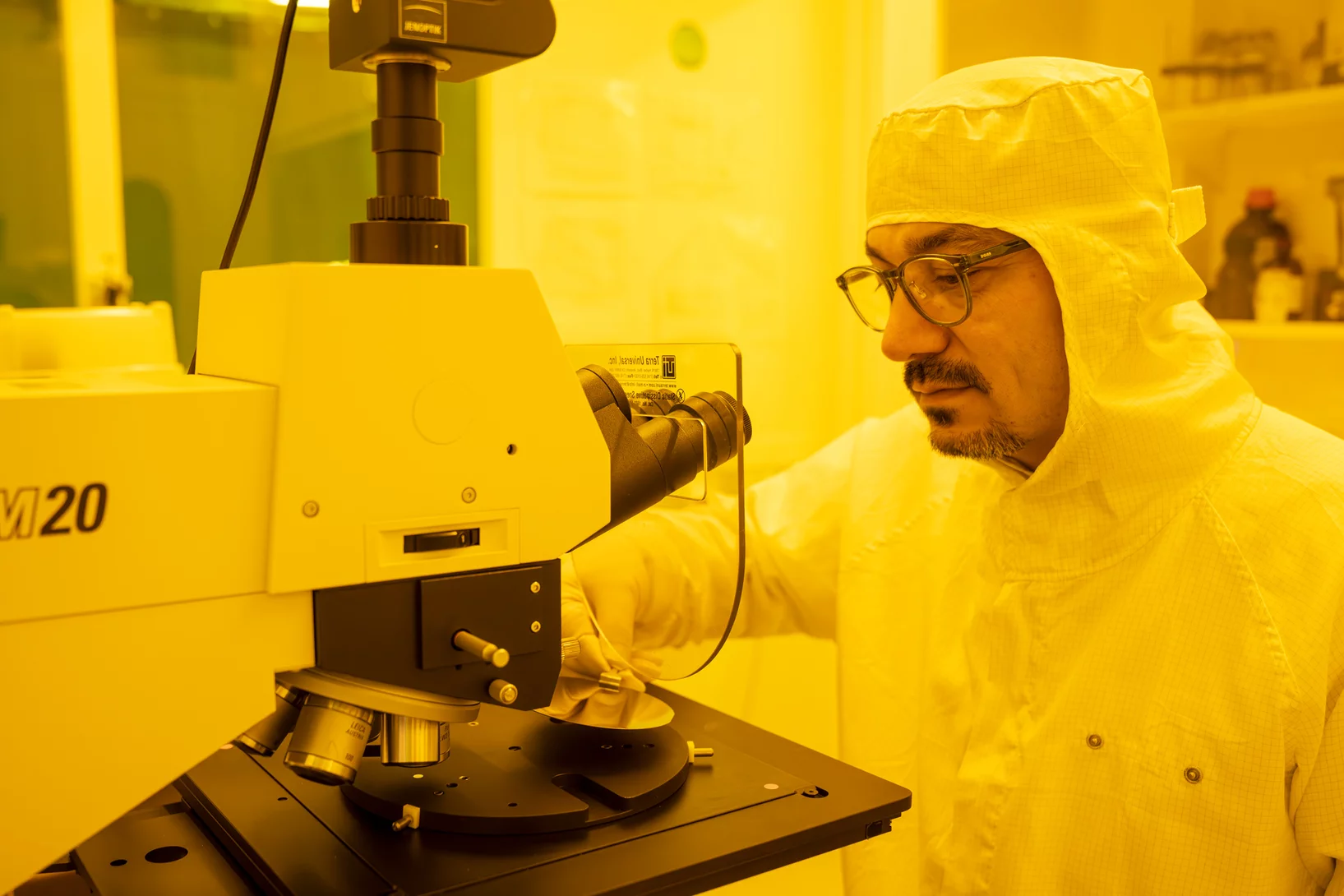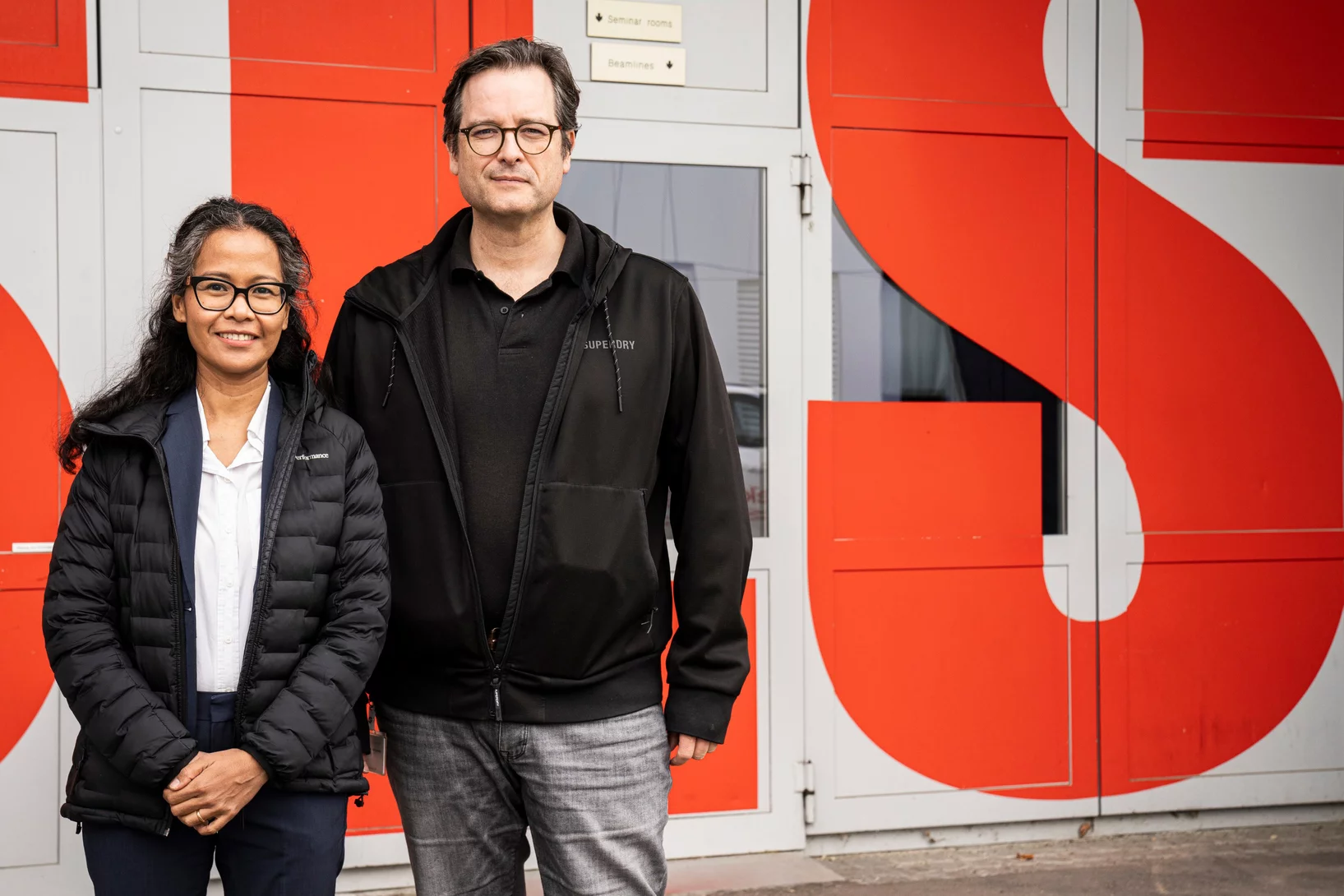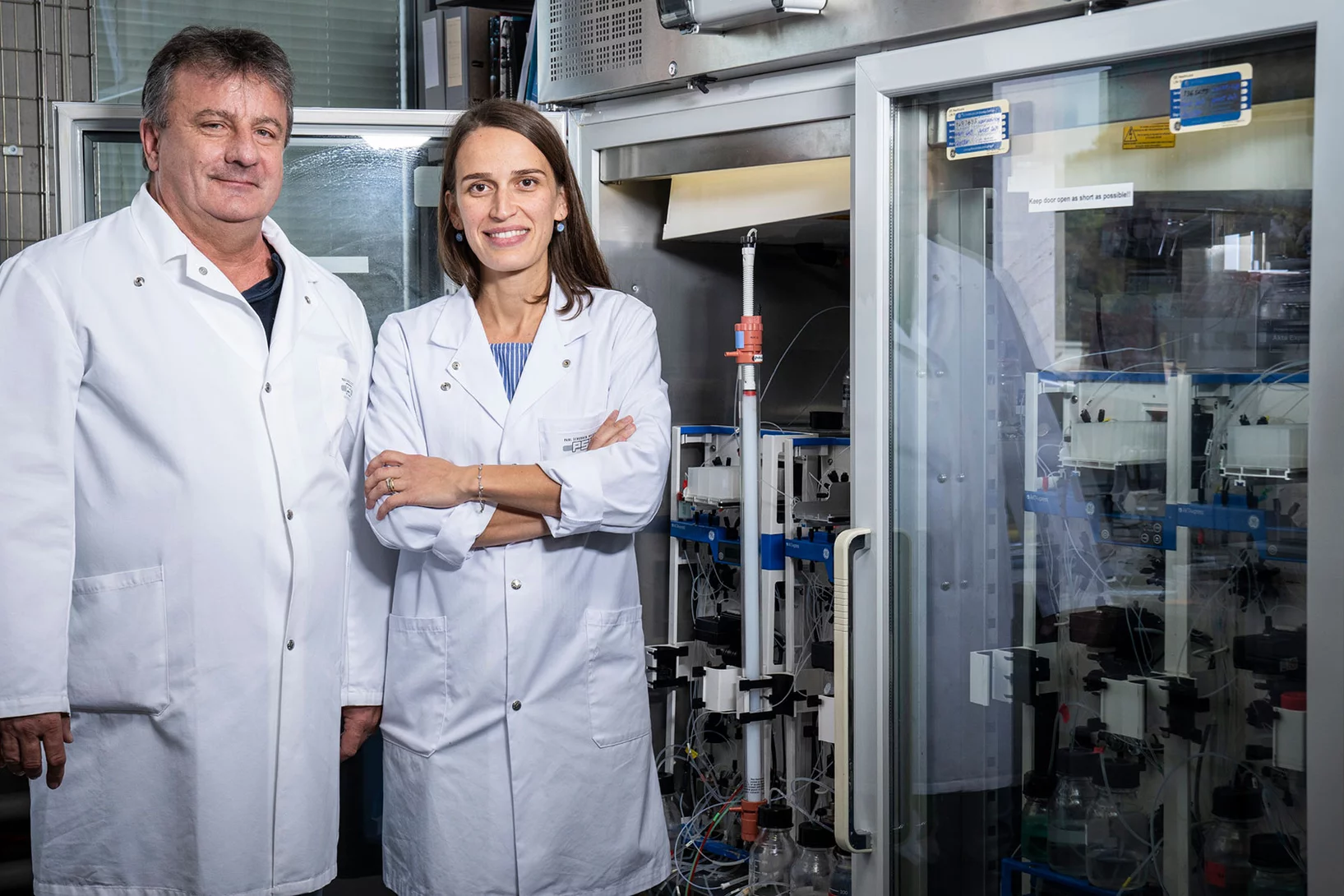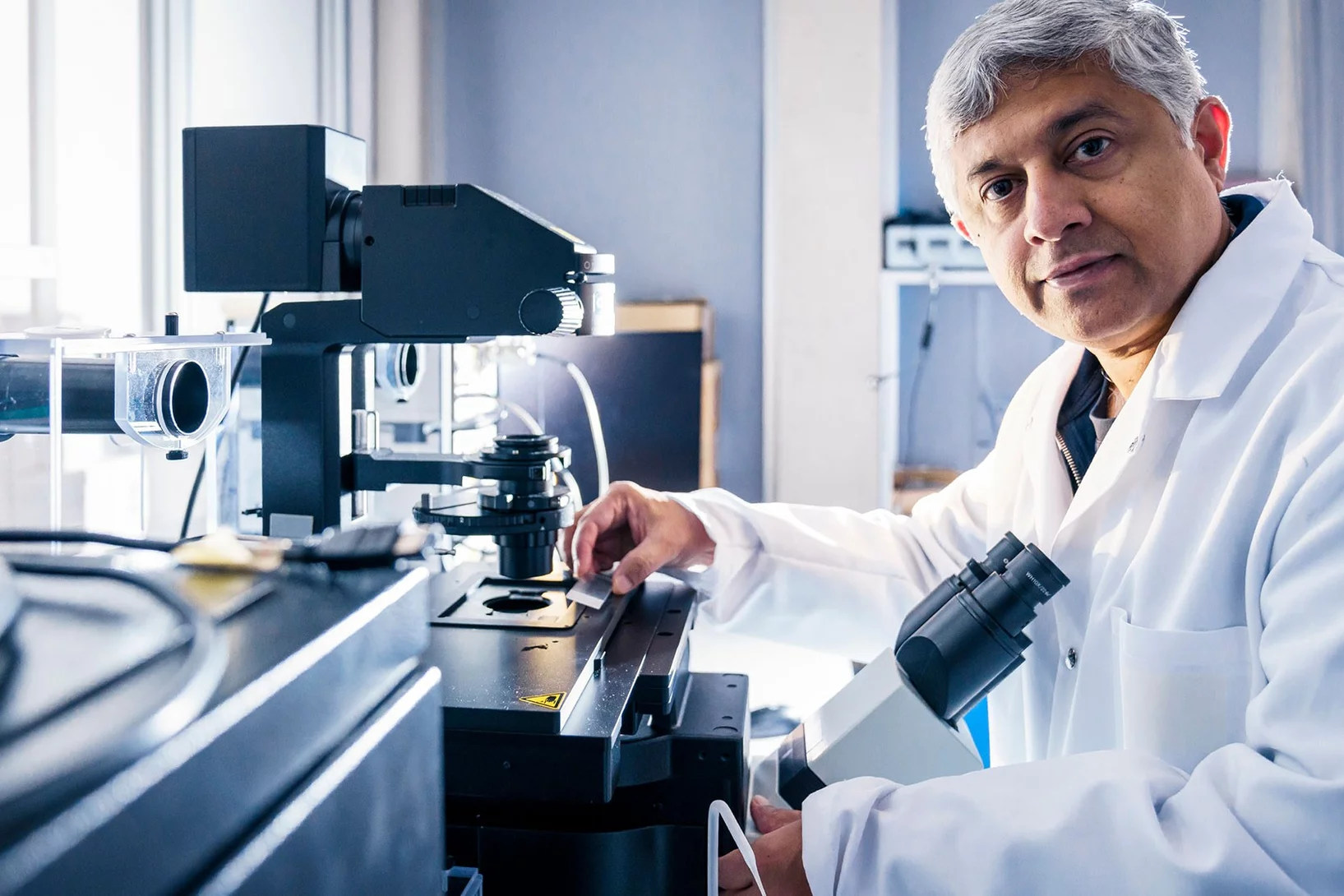Show filters
New process for stable, long-lasting all-solid-state batteries
PSI researchers have developed a novel process that could make all-solid-state batteries more robust and longer-lasting.
Laser draws made-to-order magnetic landscapes
Researchers at PSI have found a surprisingly inexpensive and fast method to make localised alterations in magnetic materials.
How microtubules take part in cellular signal processing
Researchers at PSI have investigated on the molecular level how the cytoskeleton transmits commands within the cell. Their findings could provide the medical field with new options for intervention in the event of malfunctions within the organism.
Optimising the treatment of eye tumours
The Insel Group and PSI are expanding their collaboration to provide faster and better coordinated access to proton therapy for patients with eye tumours.
X-rays bring high-resolution brain mapping within reach
A new imaging breakthrough could reveal brain connectivity in 3D detail never before accessible.
Clean biogas – measurable everywhere
A new analytical method can detect even tiny amounts of critical impurities.
Swiss PIC technology transfer centre is inaugurated
Jointly founded by scientific and industrial partners with PSI researchers: the Swiss Photonics Integration Center celebrated its inauguration on 24 November 2025.
How the cheese-pasta principle could help counter Alzheimer's
PSI researchers have discovered cellular mechanisms that could help to mitigate diseases such as Alzheimer's and Parkinson's.
Data for a better vanadium flow
Scientists at PSI have developed a dynamic database on the global vanadium economy. This is meant to advance the use of special energy storage systems – and thus the energy transition.
POLIZERO: PSI project shows paths to climate neutrality
The net-zero target is achievable – if Switzerland sets the right political course now.
Merlin-7: New model for high-performance computing
An innovative computing cluster is ushering in a new era of computer-aided research at PSI.
A bright light for Switzerland
The new Swiss Light Source is inaugurated
Zinc detected in clogged syringes
With the help of researchers at PSI, ANAXAM has been investigating, on behalf of the pharmaceutical company MSD, whether zinc may contribute to clogging of pre-filled syringes.
AI paves the way towards green cement
Researchers at PSI are using artificial intelligence to develop environmentally friendly formulations for cement.
Prestigious research grant for photonic networks
PSI researcher Kirsten Moselund has been awarded a major research grant from the European Research Council ERC.
Using terbium against lymphoma
Promising laboratory experiments at PSI show that radionuclide therapy with the radioactive element terbium could combat lymphoma effectively.
ESA Centre of Excellence opens in Switzerland
The opening ceremony of the “European Space Deep-Tech Innovation Centre” ESDI brought together distinguished guests.
New standards in nuclear physics
With unprecedented precision: PSI researchers measure the nuclear radius of muonic helium-3 and put the theories of atomic physics to the test.
Using AI to identify genetic perturbations from cell images
New AI identifies genetic perturbations in chromatin – a potential approach in diagnostics and drug development.
Pollutants often originate in the air
In the CLOUD experiment at CERN, PSI researchers have measured with unprecedented precision how harmful organic air pollutants are formed and dispersed.
A superlative milestone
PSI spin-off Araris Biotech AG achieves valuation at unicorn-level!
How botox enters our cells
Researchers at PSI have identified structural changes of the bacterial neurotoxin botox that are important for its uptake into nerve cells. This finding could allow a more targeted use of botox in medicine.
Unique quantum simulator opens door to new research
PSI physicists have teamed up with Google to build a new type of digital-analogue quantum simulator.
New protective coating can improve battery performance
Increasing the energy density of lithium-ion batteries – a sustainable method for cathode surface coating developed at PSI makes it possible.
IMPACT: Upgrade at PSI research facility approved
Financing for renovations to PSI’s proton accelerator facility has been approved by the Swiss Parliament.
Moving towards low-carbon road transport
Researchers at the Paul Scherrer Institute PSI have shown how road transport can be decarbonised through the clever integration of renewable energy systems.
ESA comes to Switzerland
The signing of a contract between the European Space Agency ESA and PSI marks the start of the European Space Deep-Tech Innovation Centre ESDI.
On the way to light-controlled medicine
PSI researchers have elucidated the structure of special photoreceptors.
How catalysts remove dangerous nitrogen oxides
In industrial catalysis, iron is not equal to iron.
Tumour irradiation, individualised daily
A PSI feasibility study shows: Even in everyday clinical practice, treatment can be adapted daily. Thus, the tumour will always be treated with exactly the right dose of radiation.
Where should hydrogen be produced in the future?
Researchers at PSI have been looking into where the hydrogen for a future hydrogen economy should be produced and what impact this energy carrier will have on the environment.
Researchers show that computer chips have the potential to become even smaller
Researchers at PSI reach unprecedented 5 nanometres half pitch resolution with EUV lithography.
Sources of smog in Beijing identified
Researchers at PSI are investigating the wide range of causes underlying smog in Beijing.
New X-ray world record: Looking inside a microchip with 4 nanometre precision
Researchers at PSI have succeeded in imaging the spatial structure of a computer chip with a record resolution of 4 nanometres using X-rays.
Uniquely precise: New value for the half-life of samarium-146
Researchers at PSI and the Australian National University have re-determined the half-life of samarium-146 with great precision.
Digitalisation: a blessing for the energy transformation
Researchers at PSI have calculated the influence of digitalisation on energy consumption.
Breast cancer classification using AI
Researchers at PSI and MIT are developing a new approach, which combines imaging and artificial intelligence to improve the staging of breast cancer.
Joining forces to cure children
The close collaboration between PSI and the University Children’s Hospital Zurich for the benefit of children with cancer began 20 years ago.
Cooperation in reactor research
Copenhagen Atomics and the Paul Scherrer Institute PSI have entered into a collaboration agreement on a thorium molten salt critical experiment.
New association brings medical practice and research together
The Association for Medical Research and Innovation in the Canton of Aargau was founded on 3 June 2024.
A bionanomachine for green chemistry
PSI researchers have characterised a unique enzyme from bacteria that enables an important chemical reaction.
How to clean up New Delhi’s smoggy air
PSI researchers are tracking down pathogenic aerosols in India.
Rescuing music with X-rays
SLS plays the King of the Blues – B.B. King! In collaboration with the Montreux Jazz Digital Project, historic audio tapes are being digitised at PSI.
New process for the production of semiconductors
The Paul Scherrer Institute PSI and the Finnish company PiBond to collaborate in the commercialization of advanced EUV semiconductor lithography products.
Cause of clogged hypodermic needles discovered
Researchers at PSI and the ANAXAM technology transfer center have found the cause of clogging in prefilled syringes.
Glacier melting destroys important climate data archive
PSI researchers analysed two ice cores from the Corbassière glacier on Grand Combin.
New possibilities for a healing toxin
PSI researchers discover a surprising mechanism that could broaden the spectrum of therapeutic uses of botulinum toxin.
Enabling early detection of cancer
PSI researchers develop a fundamentally new method for early detection of cancer.

